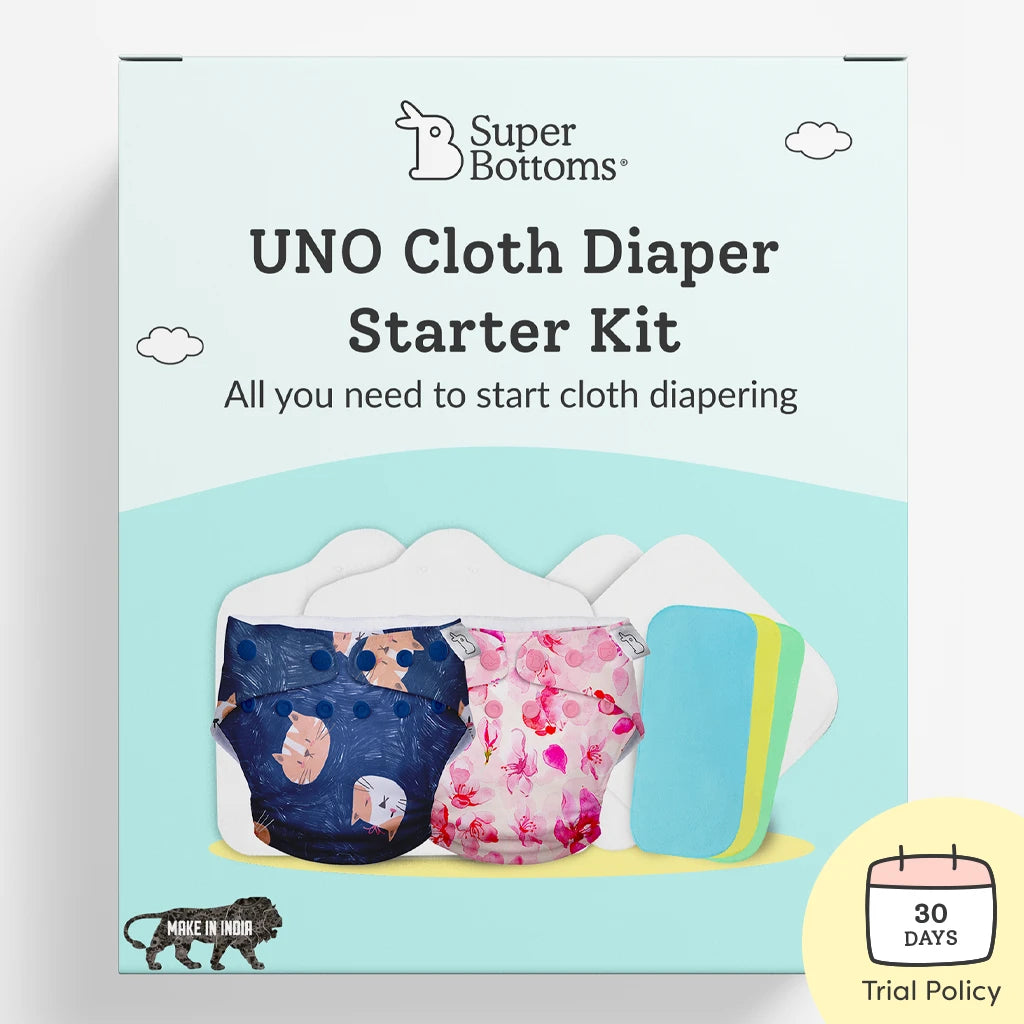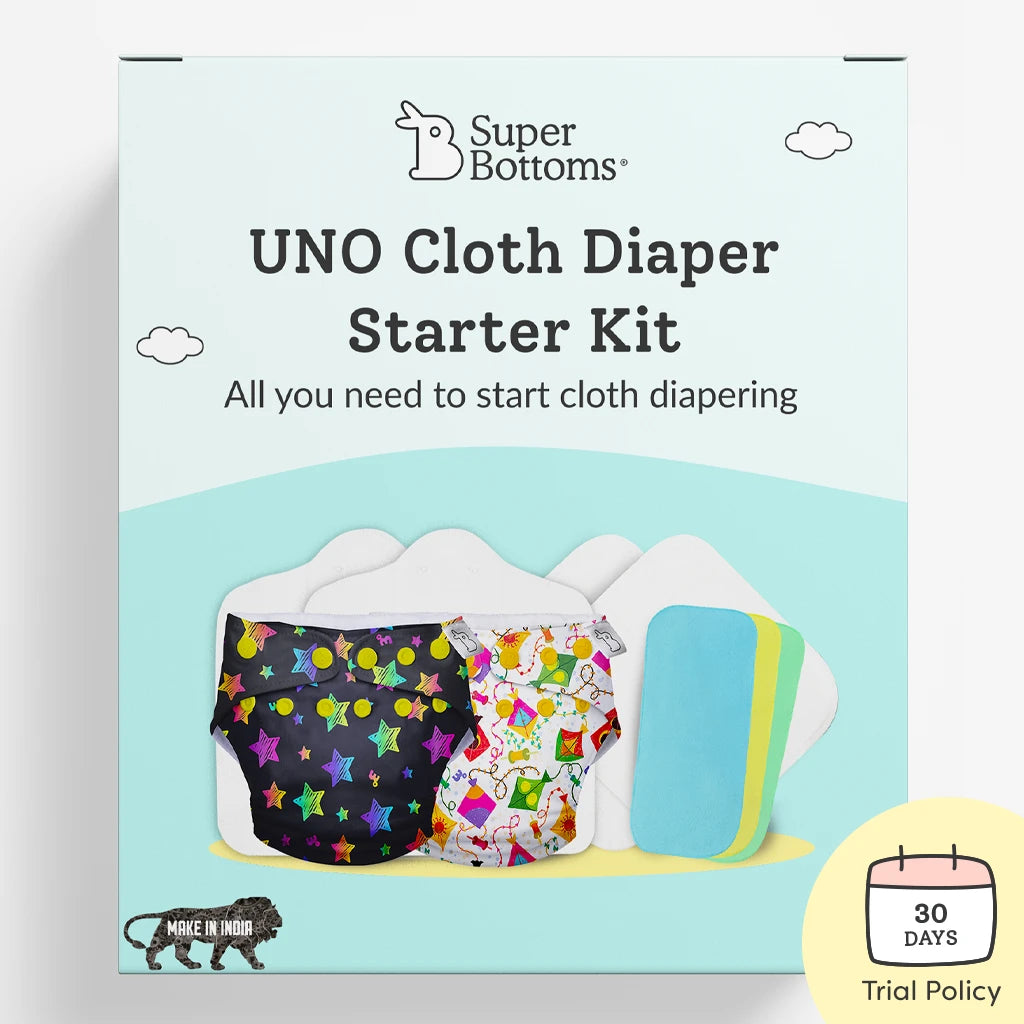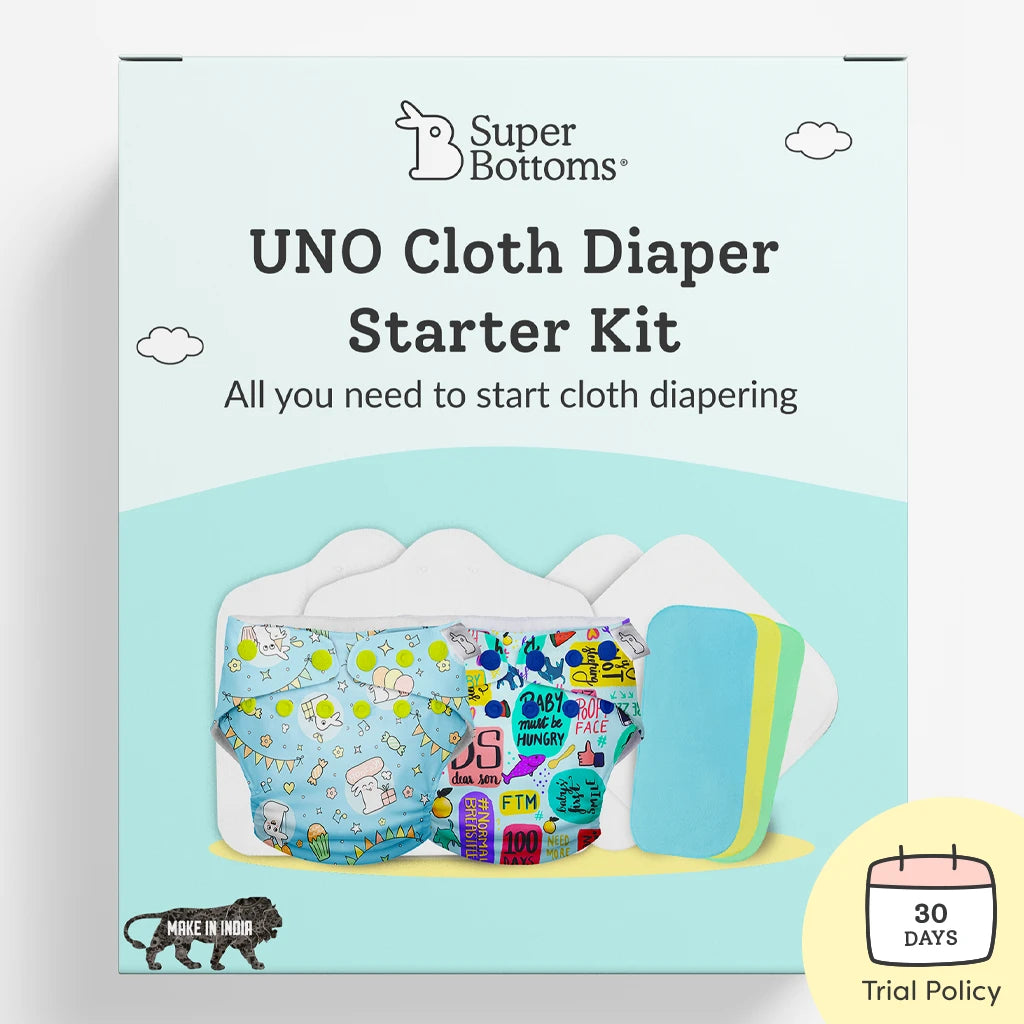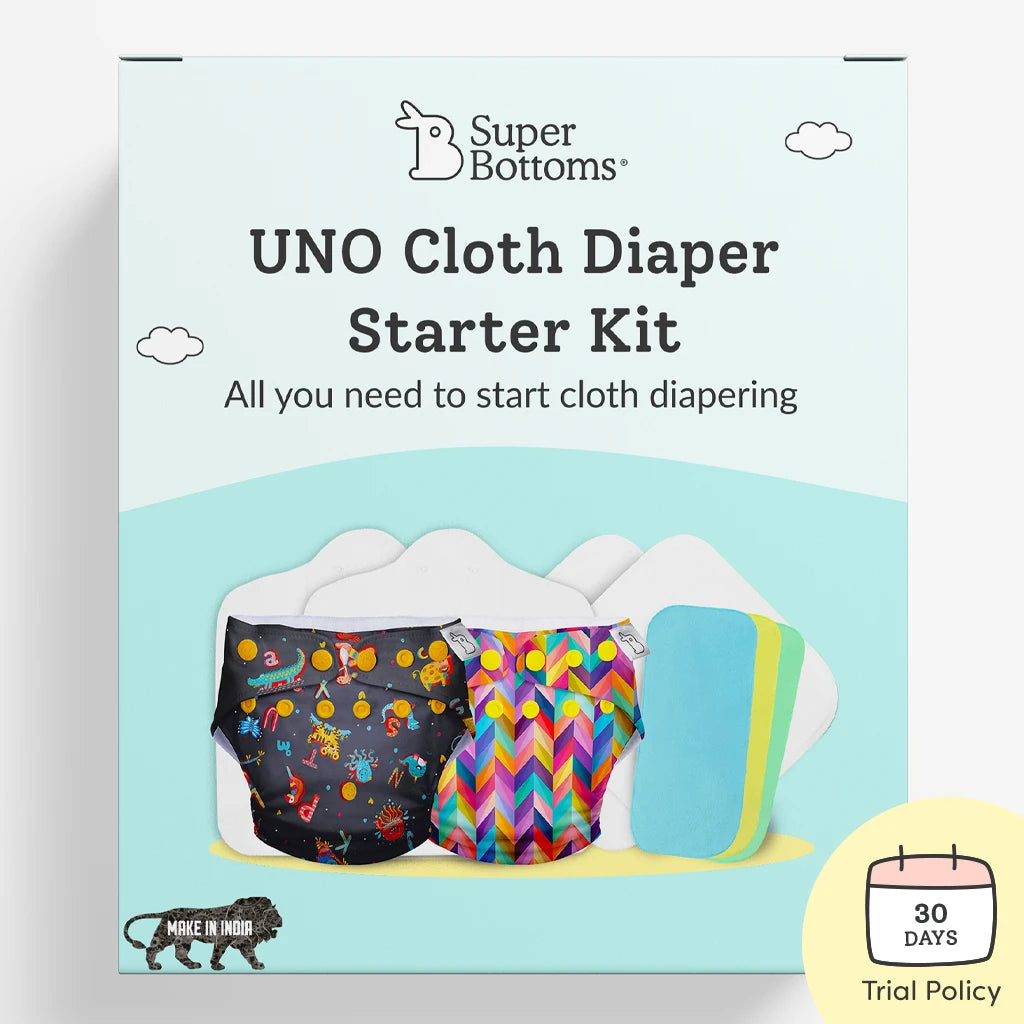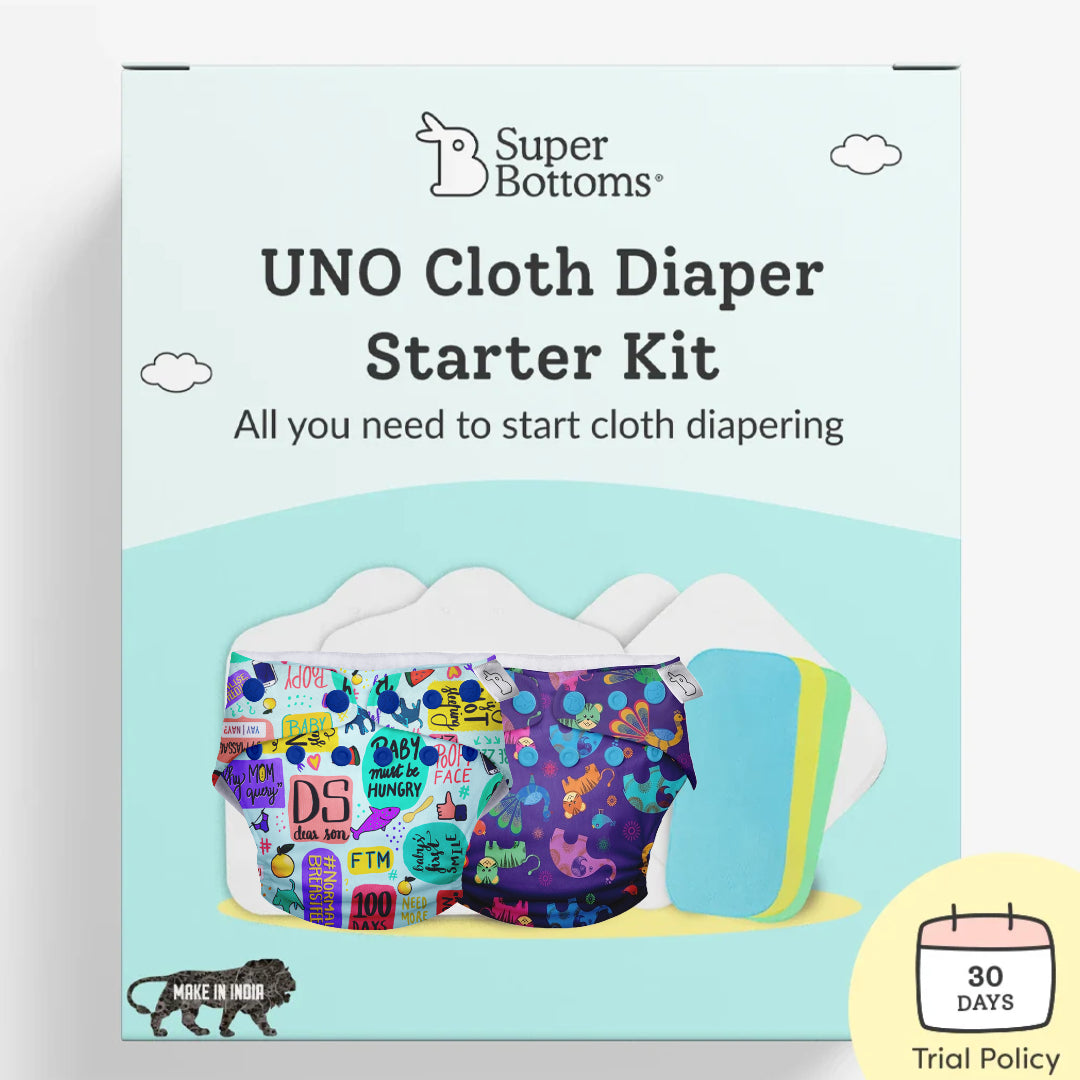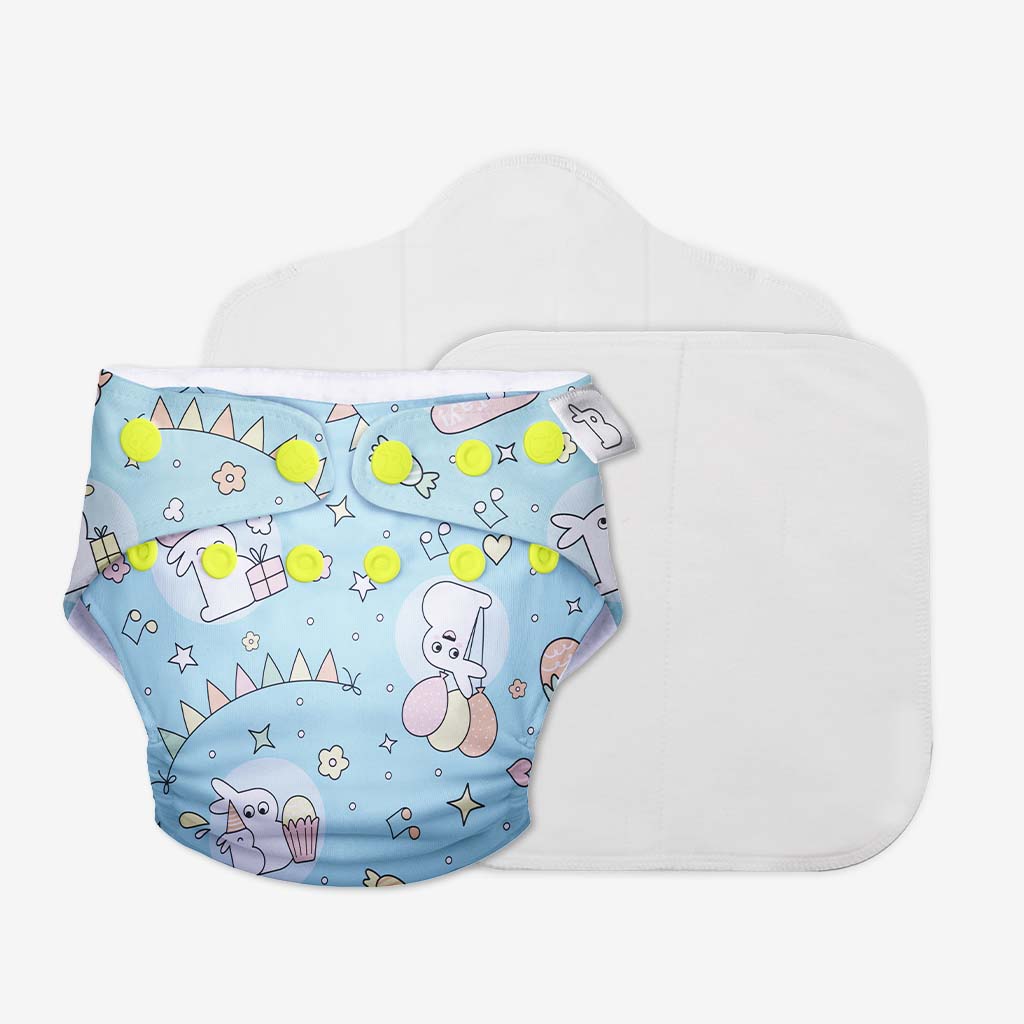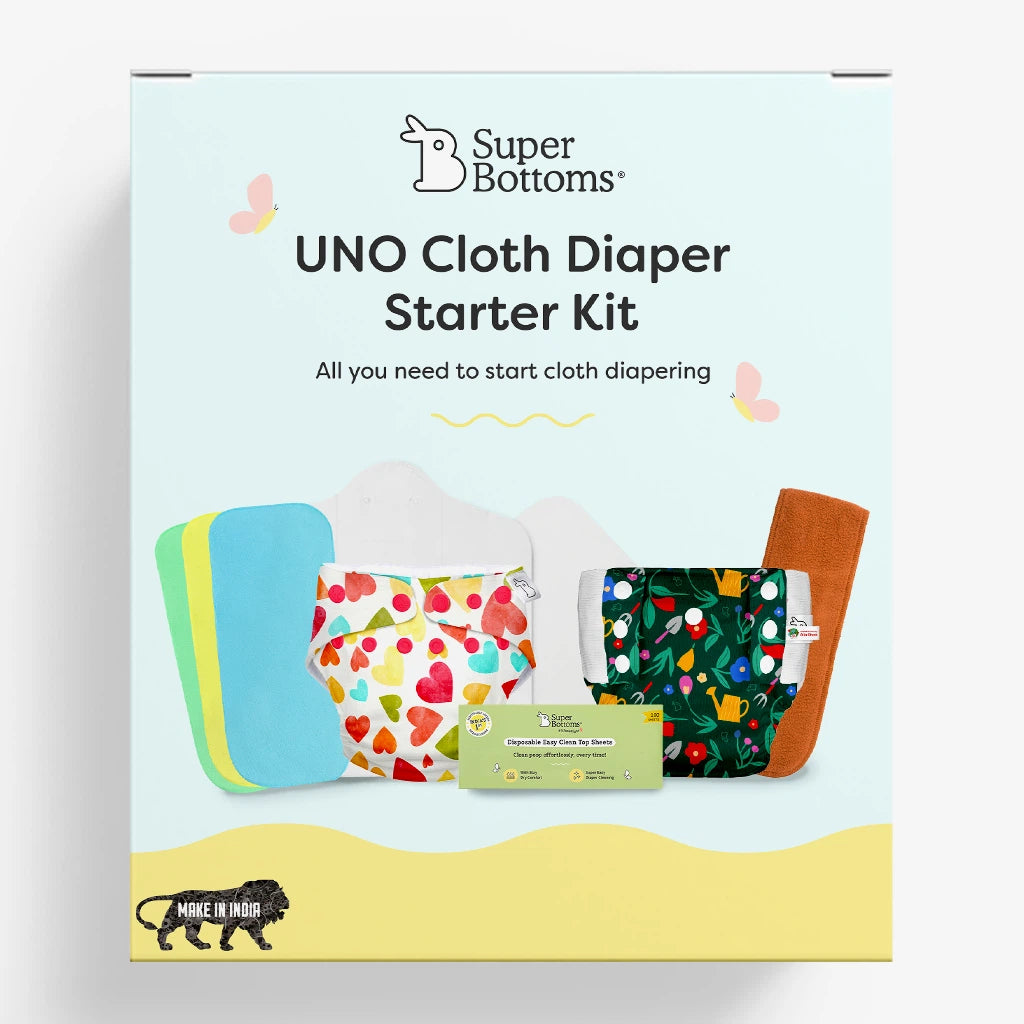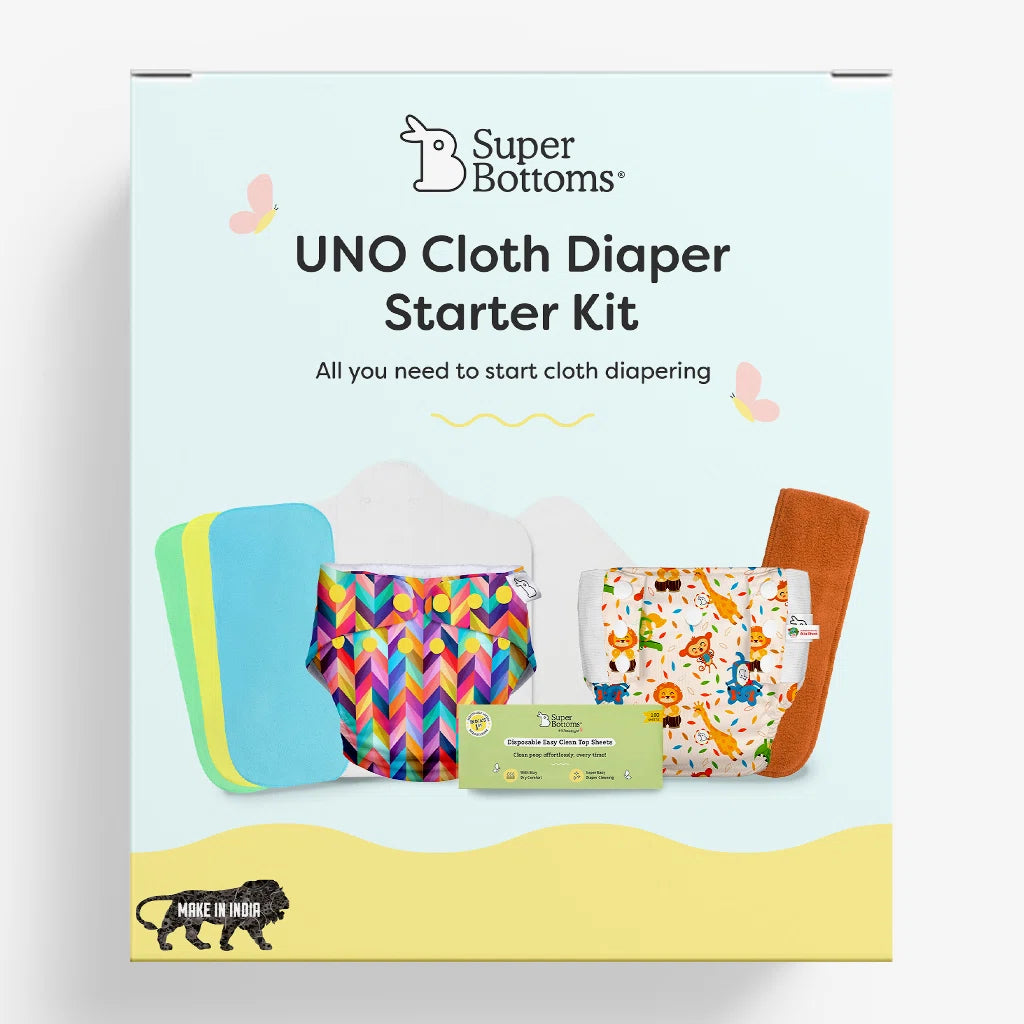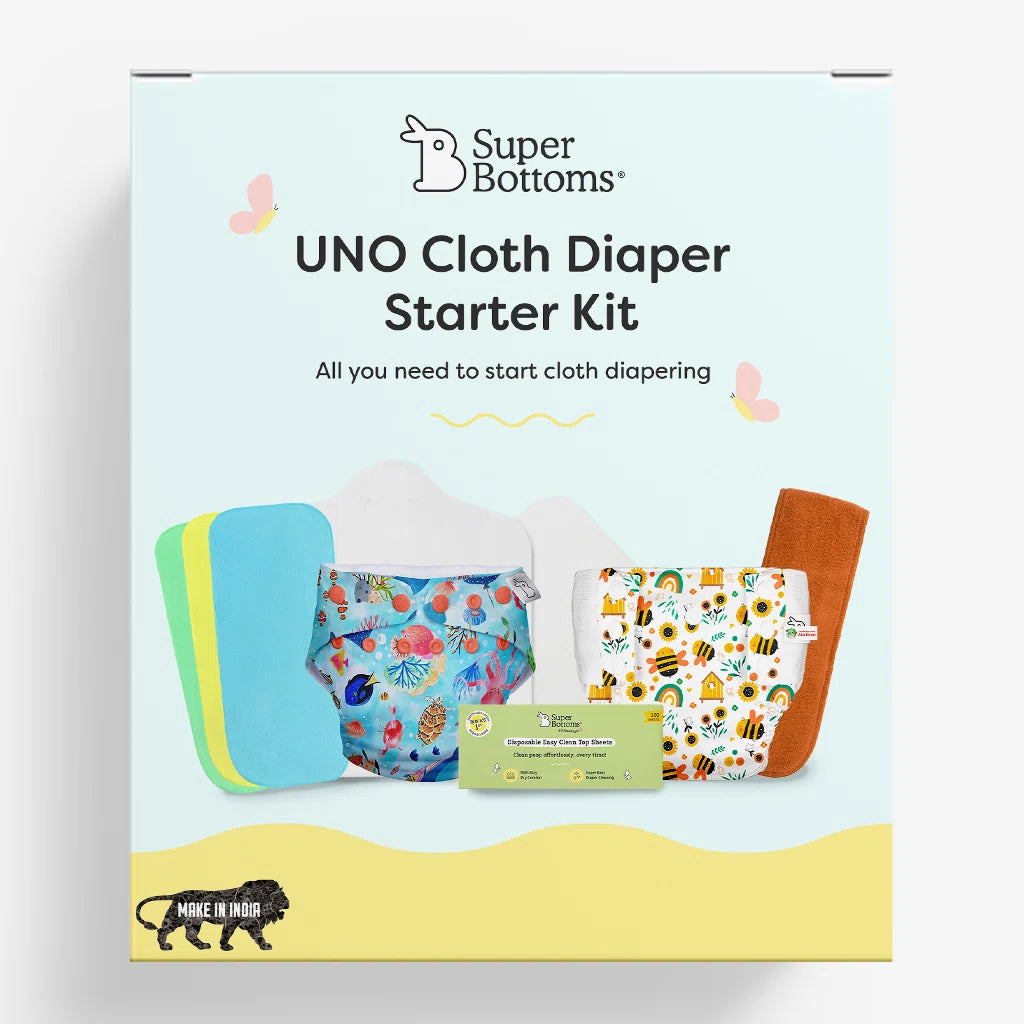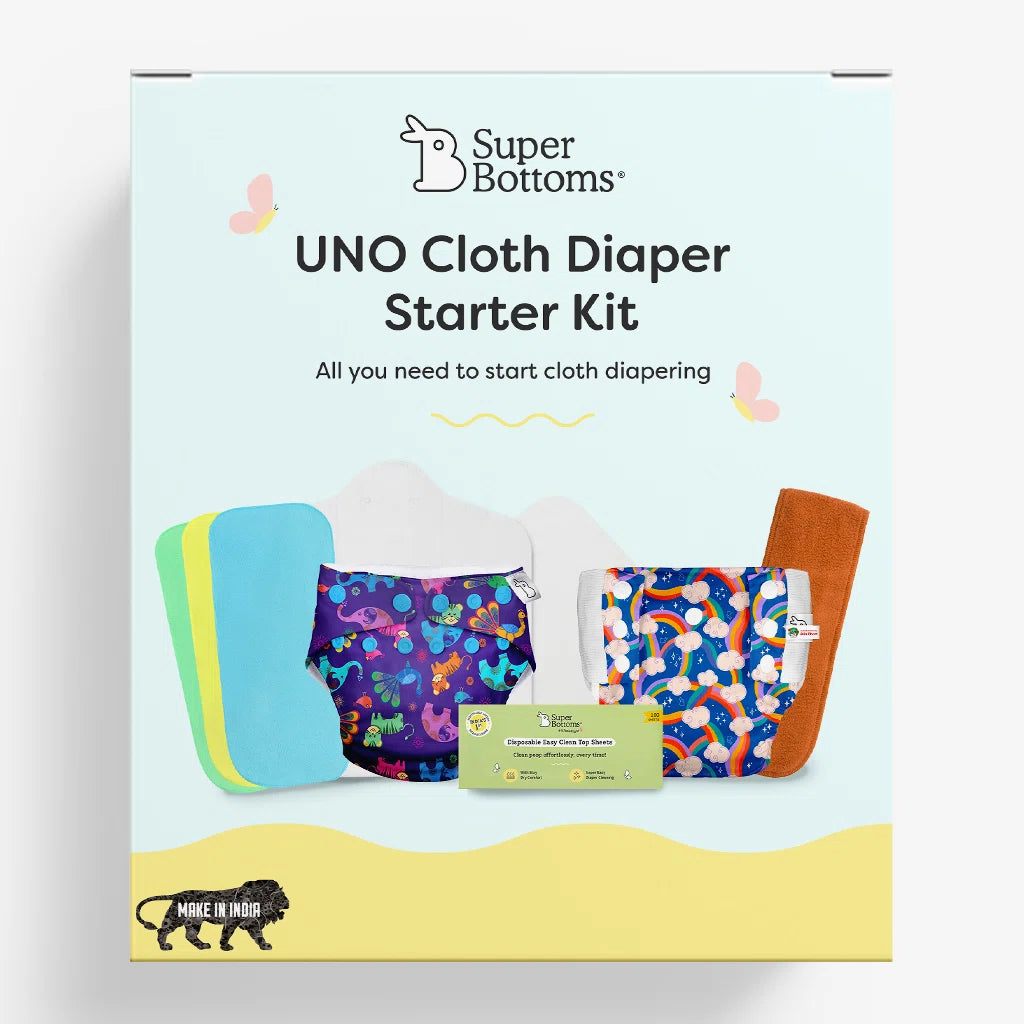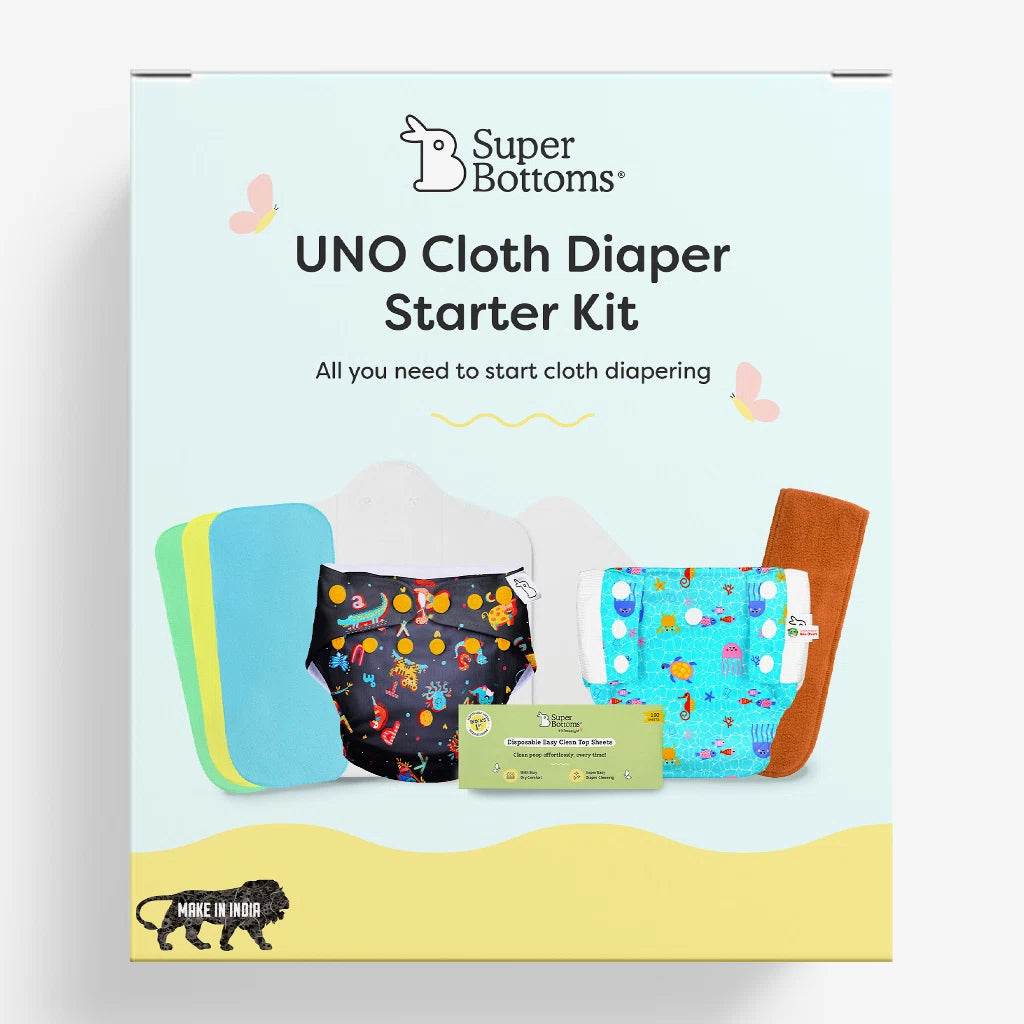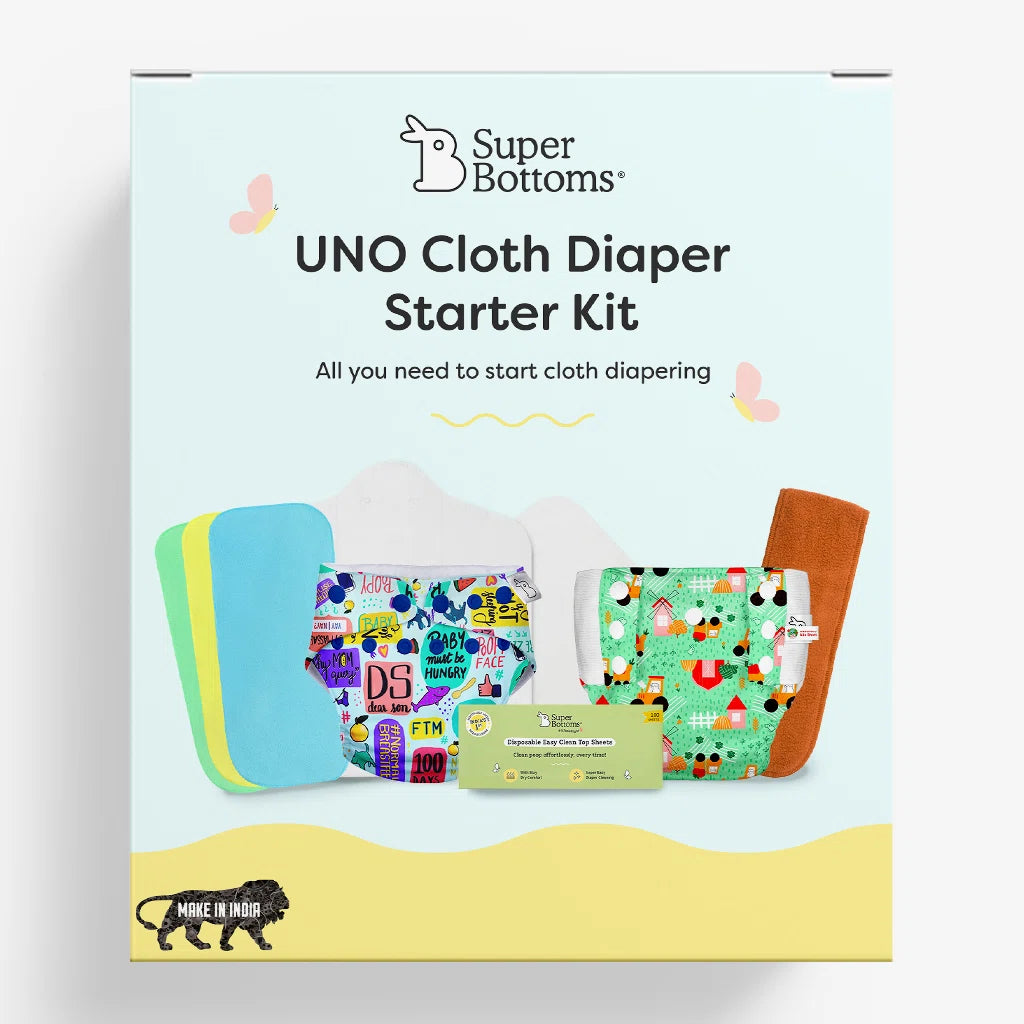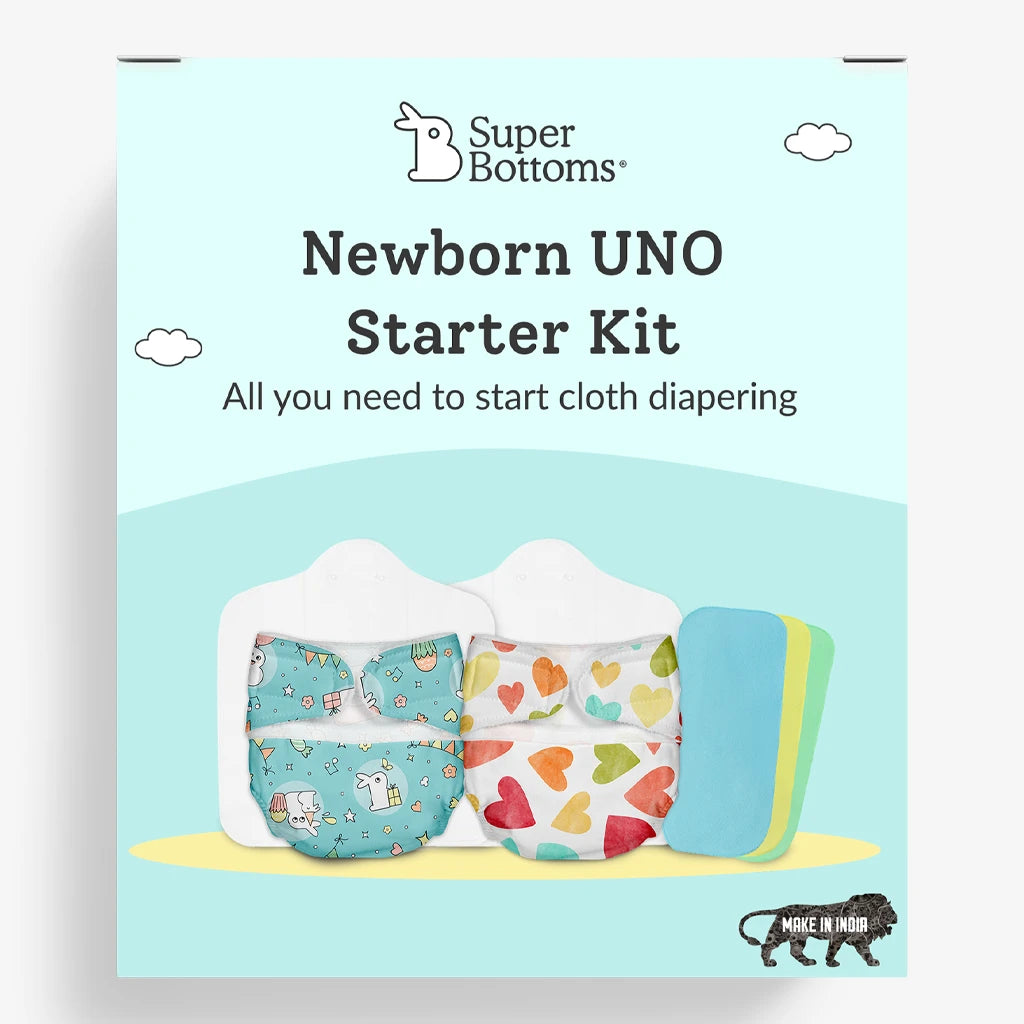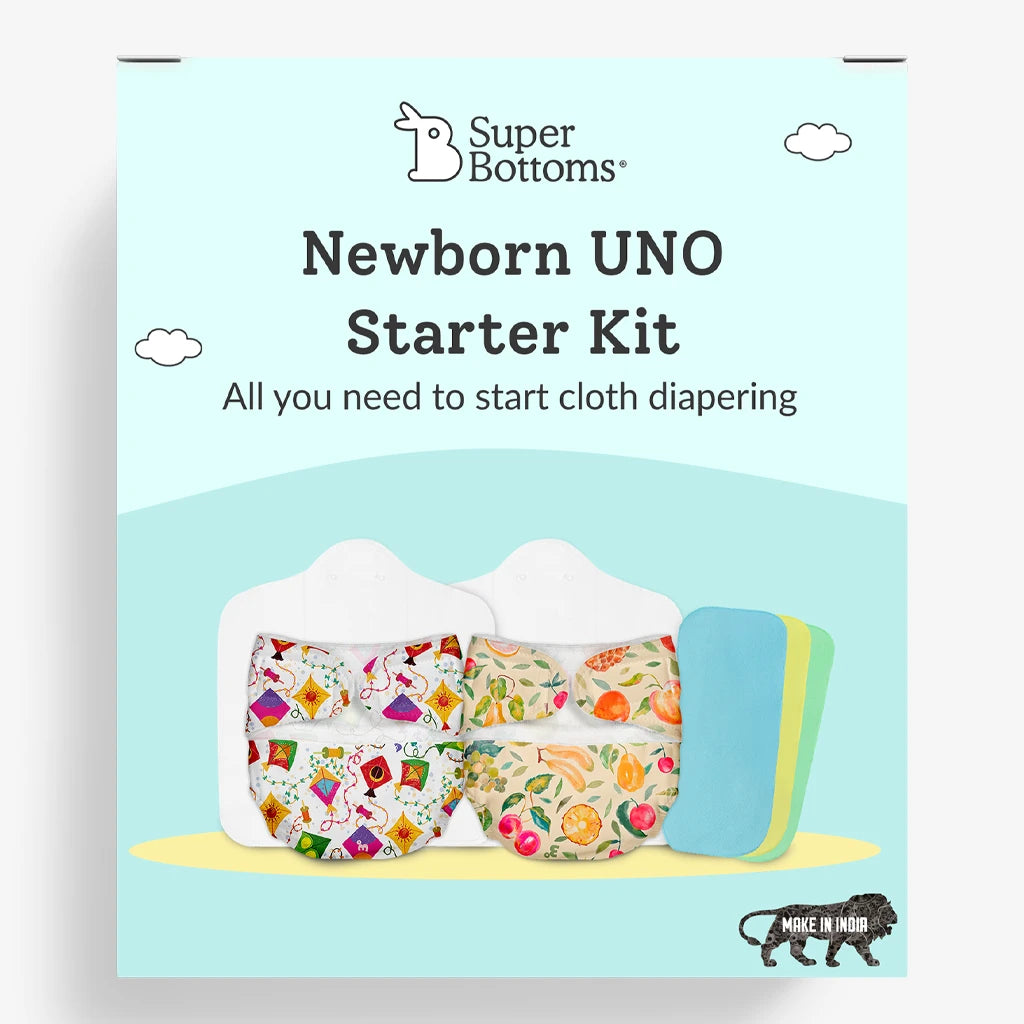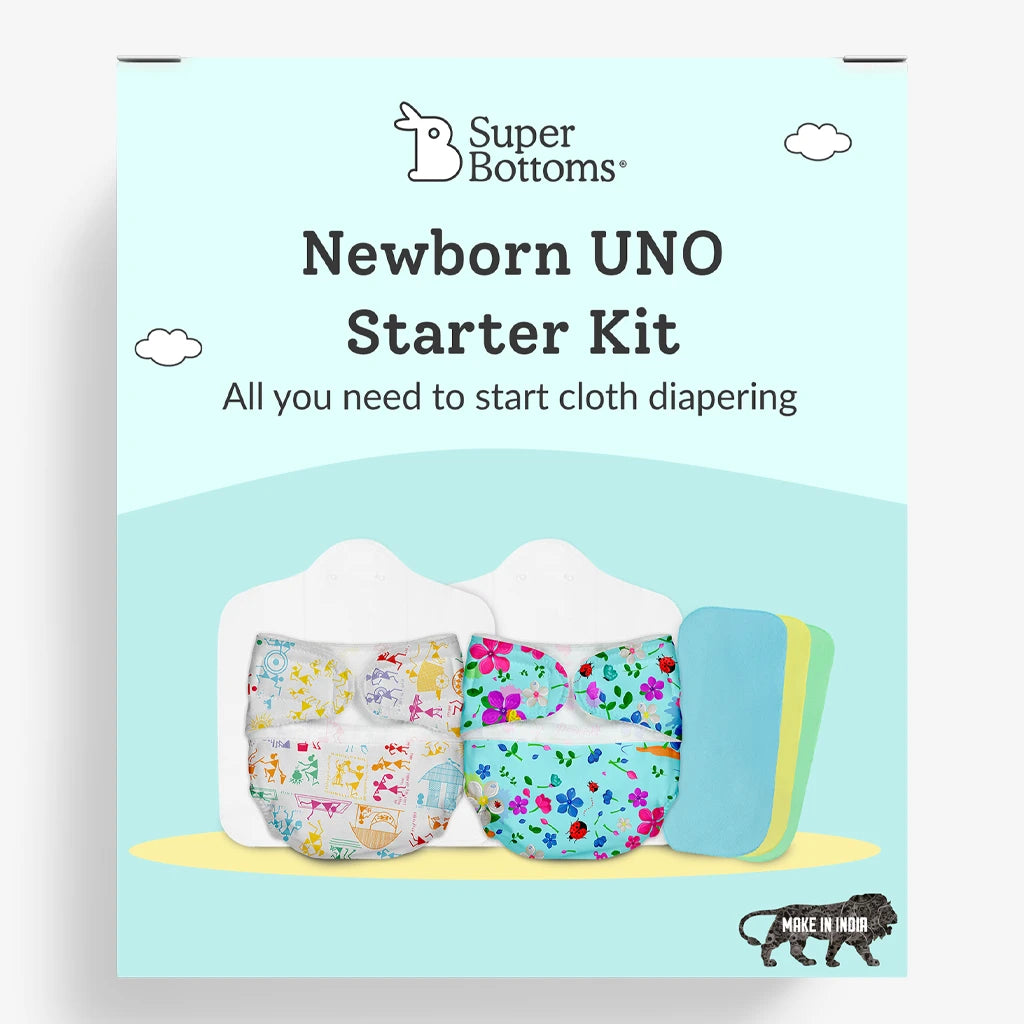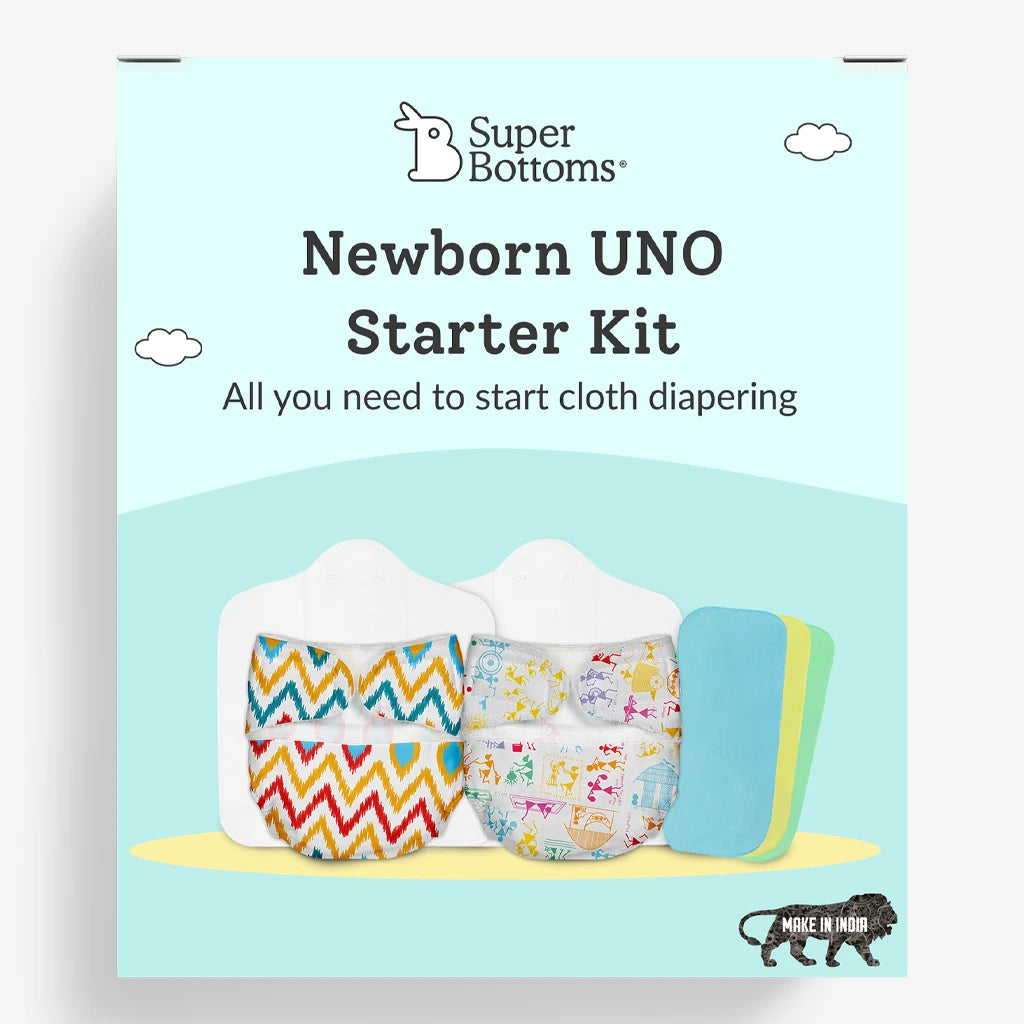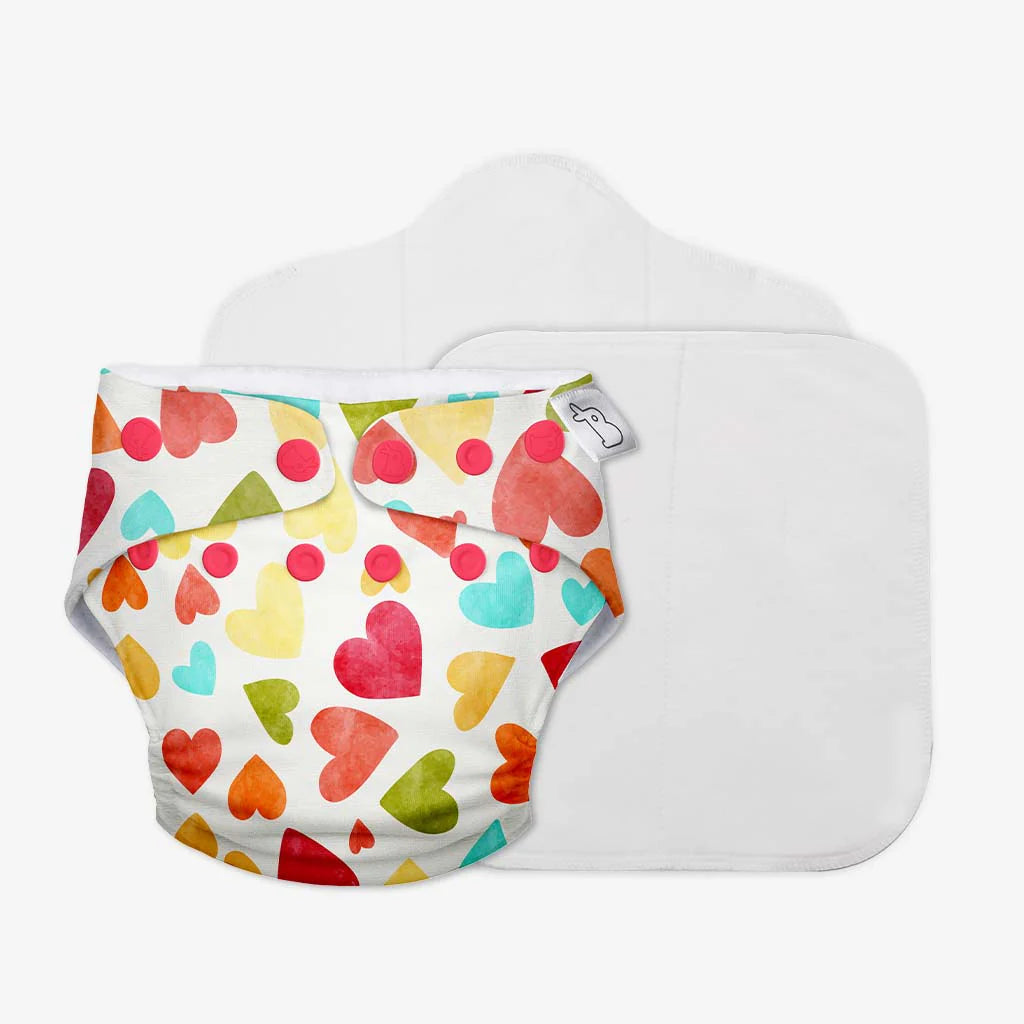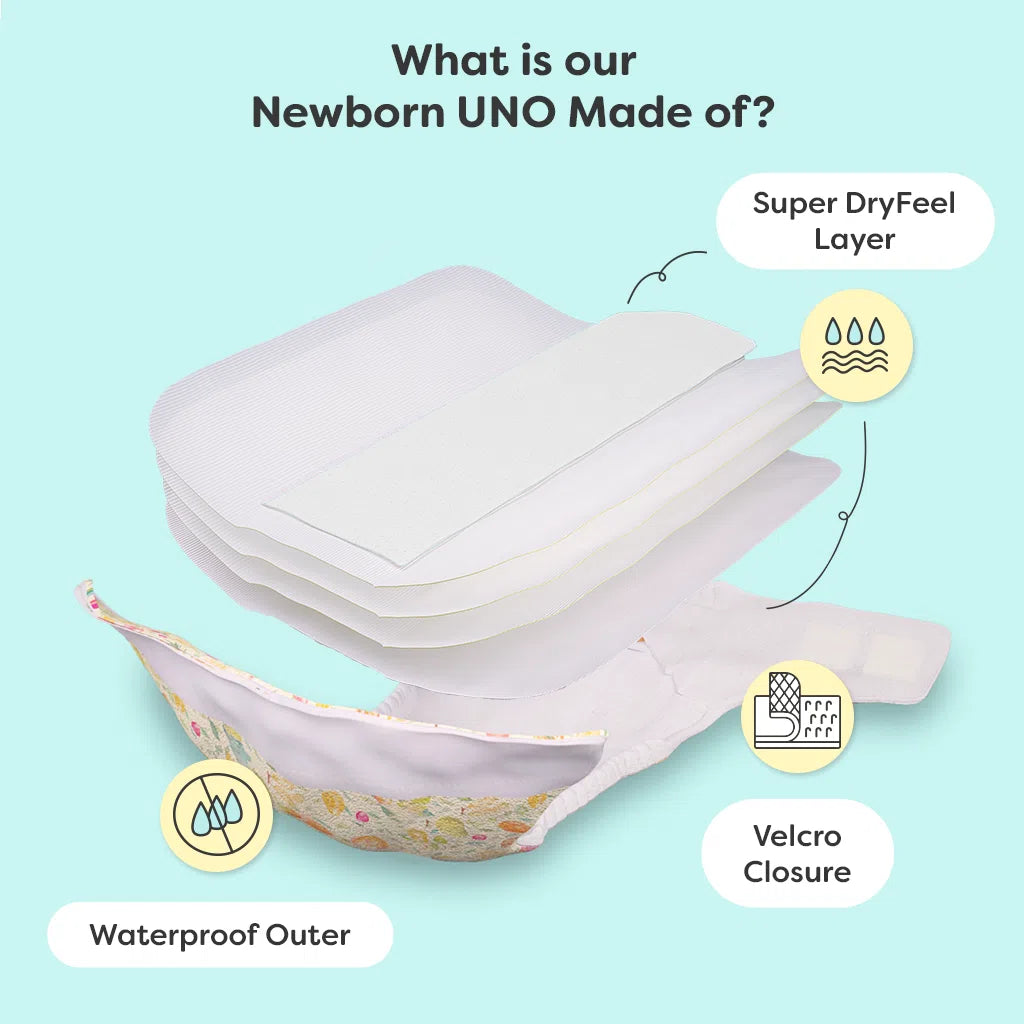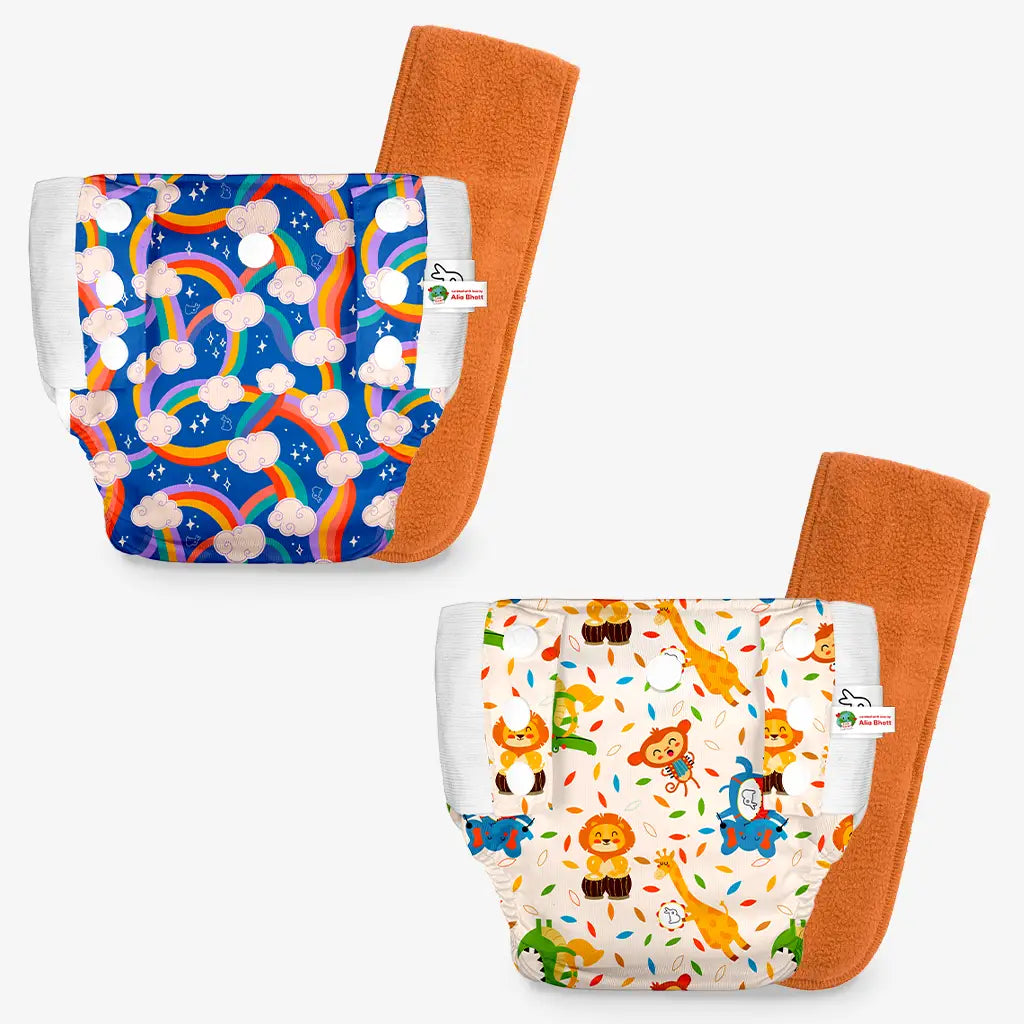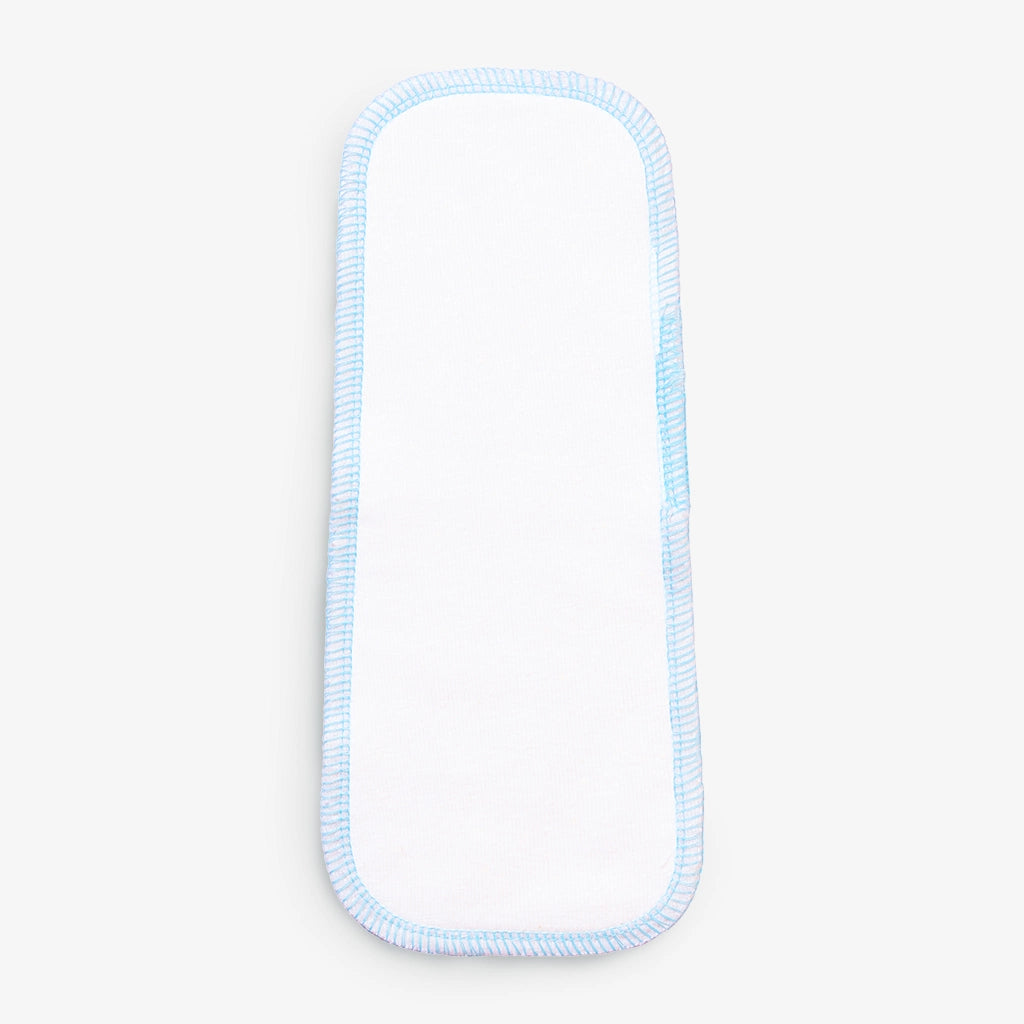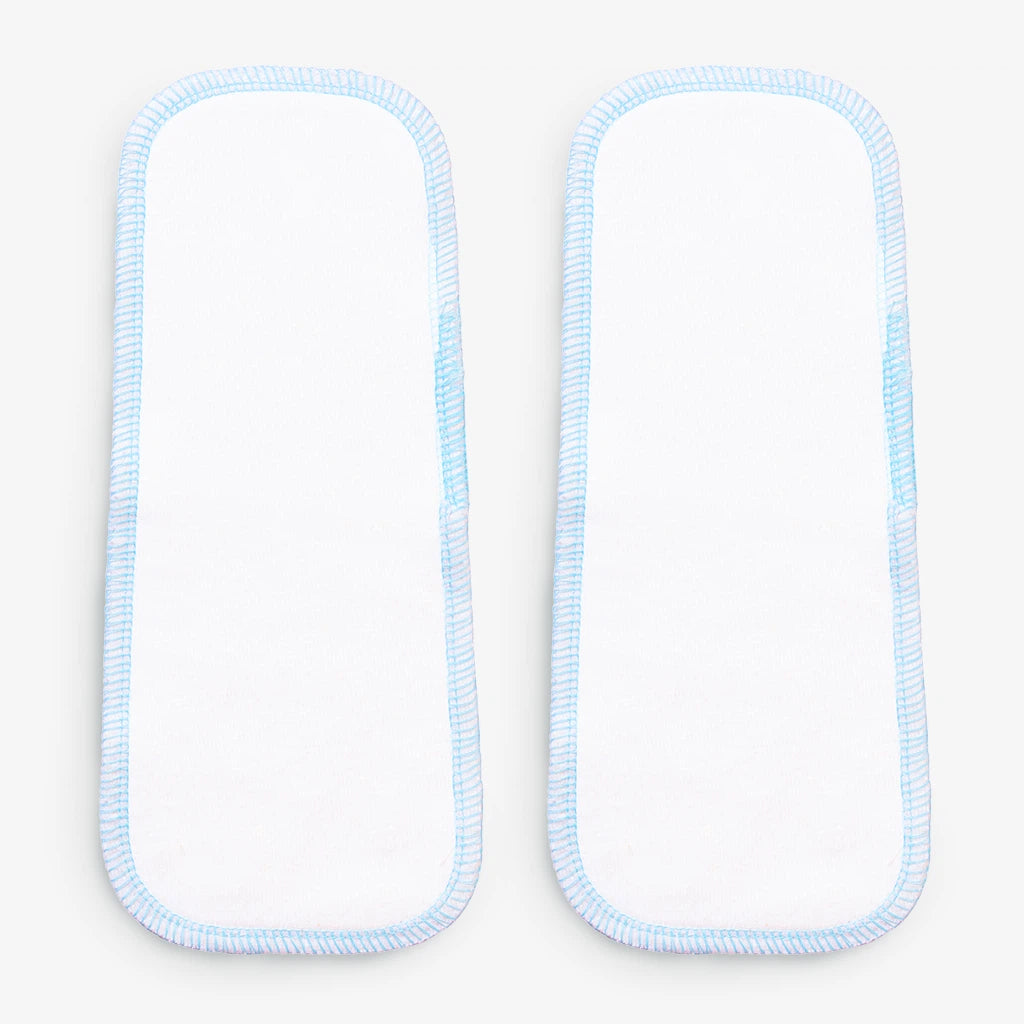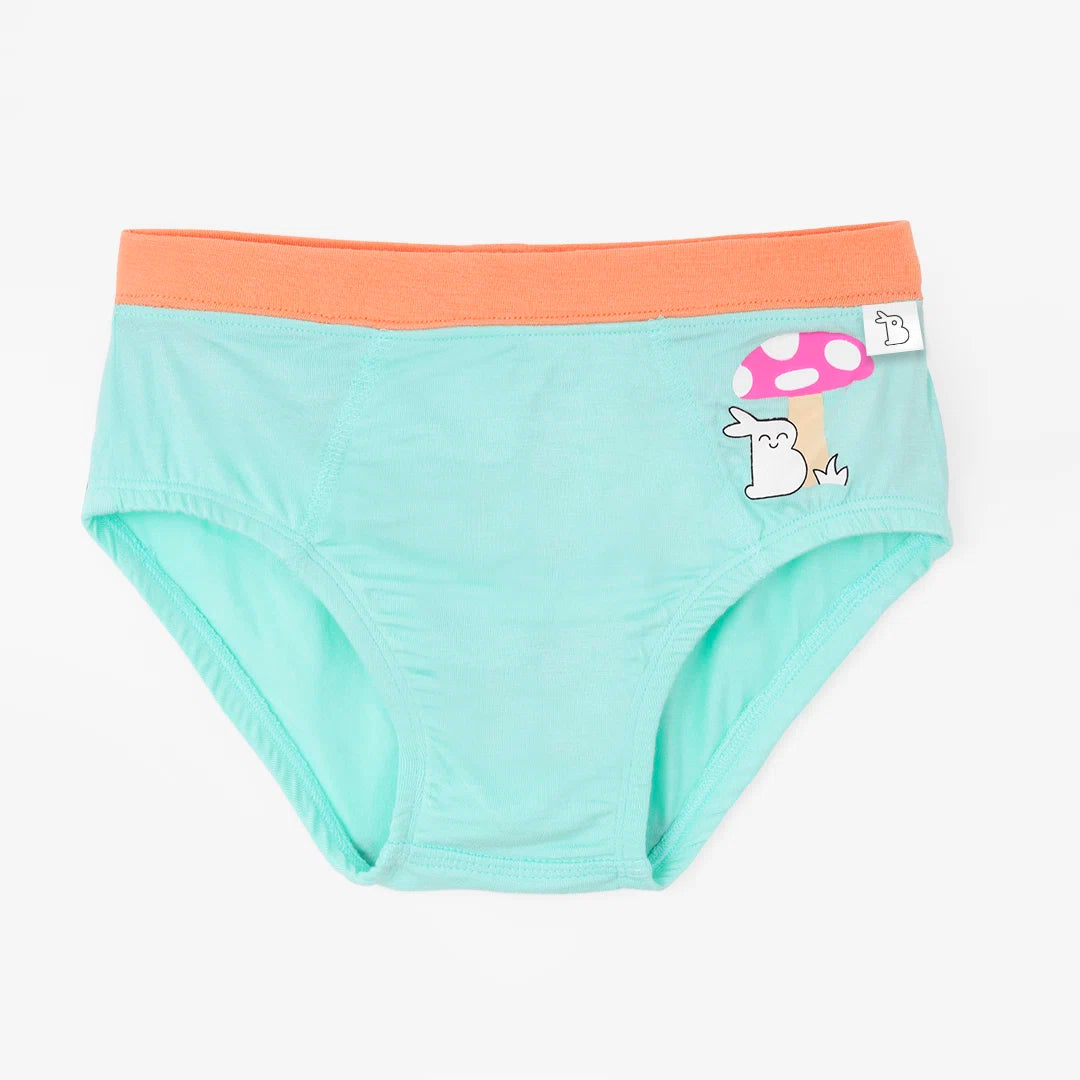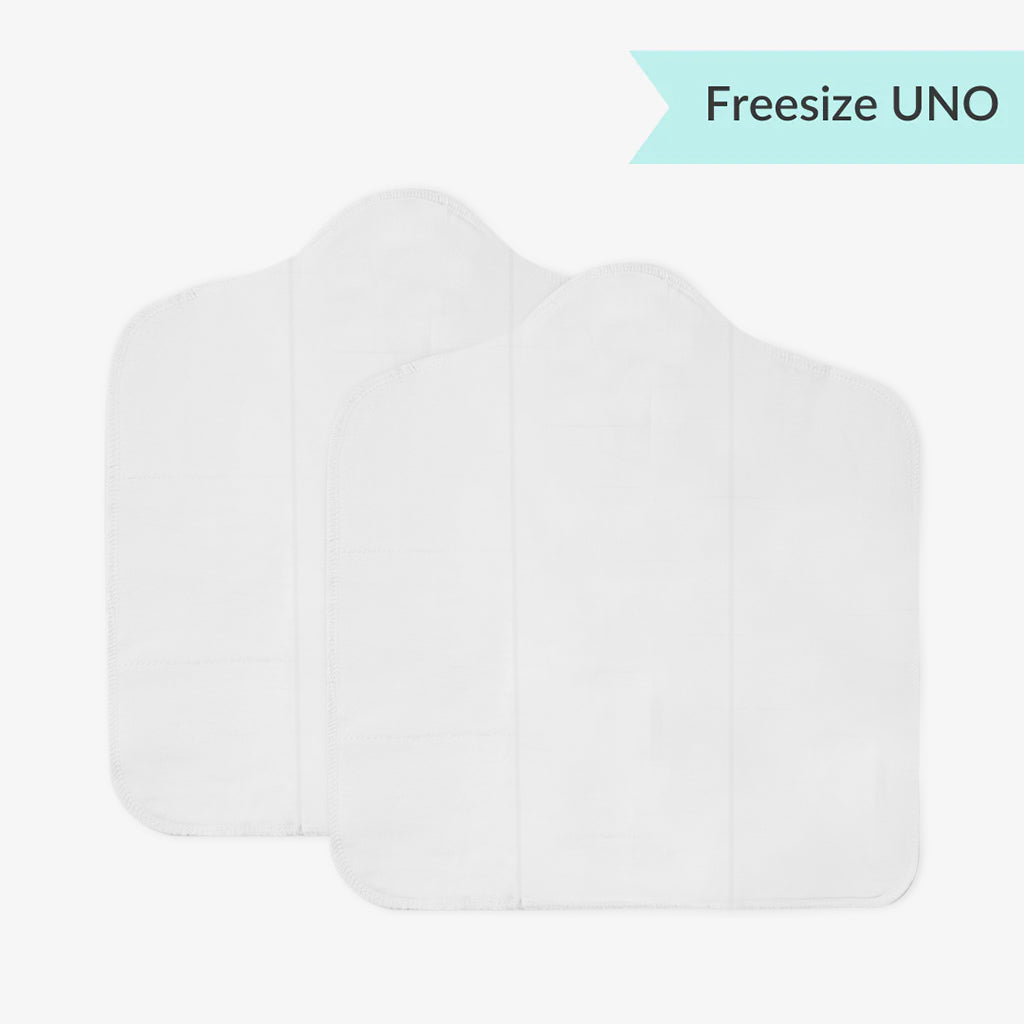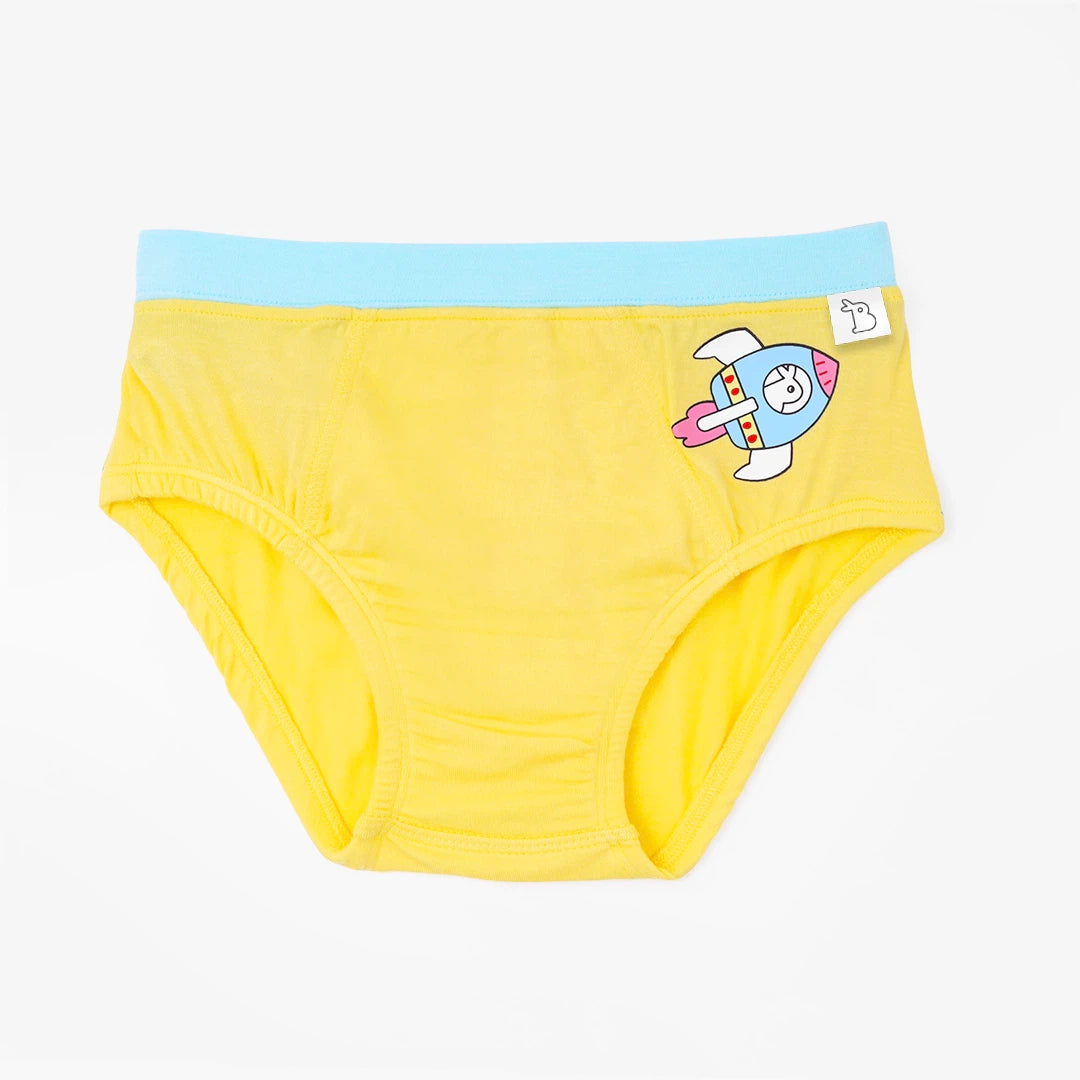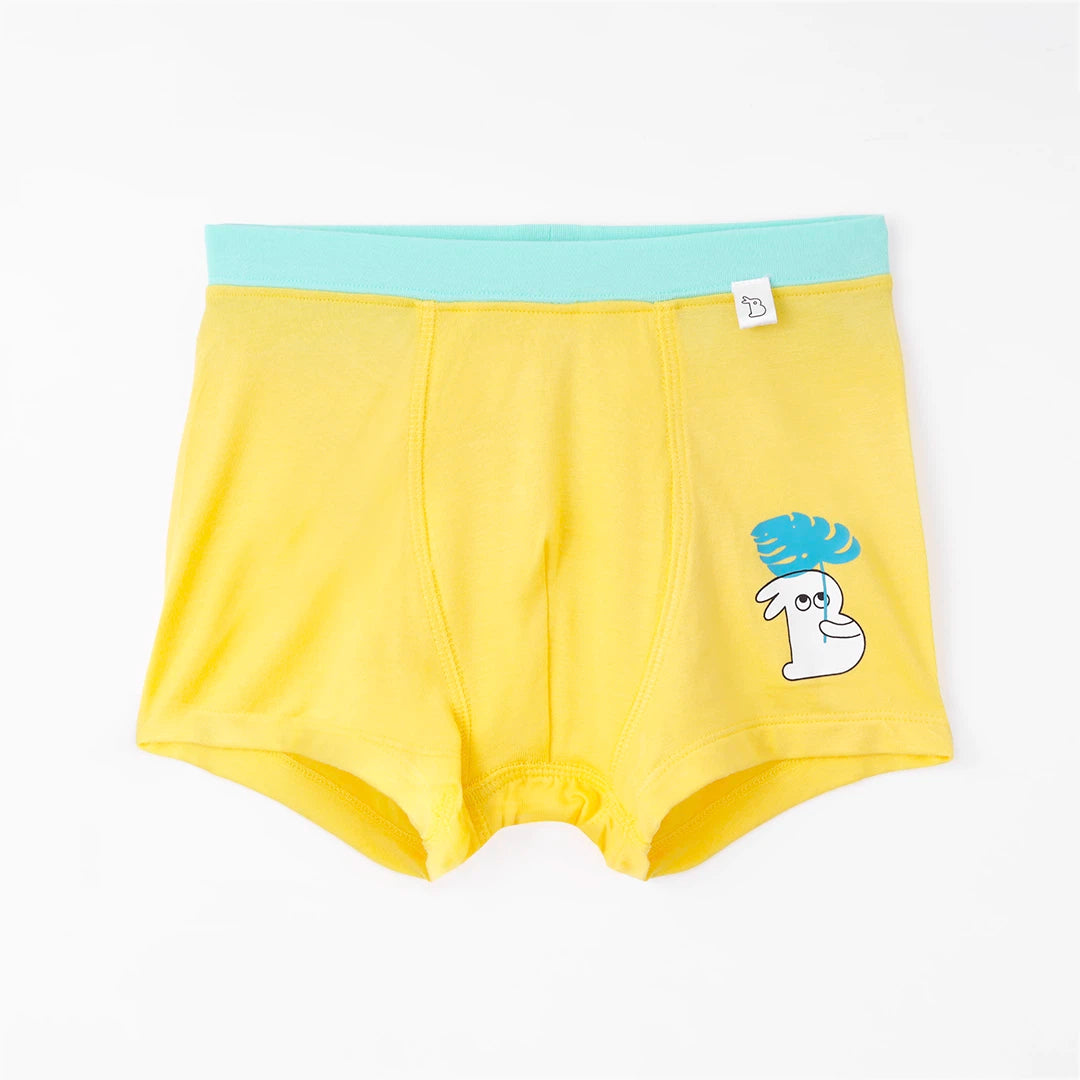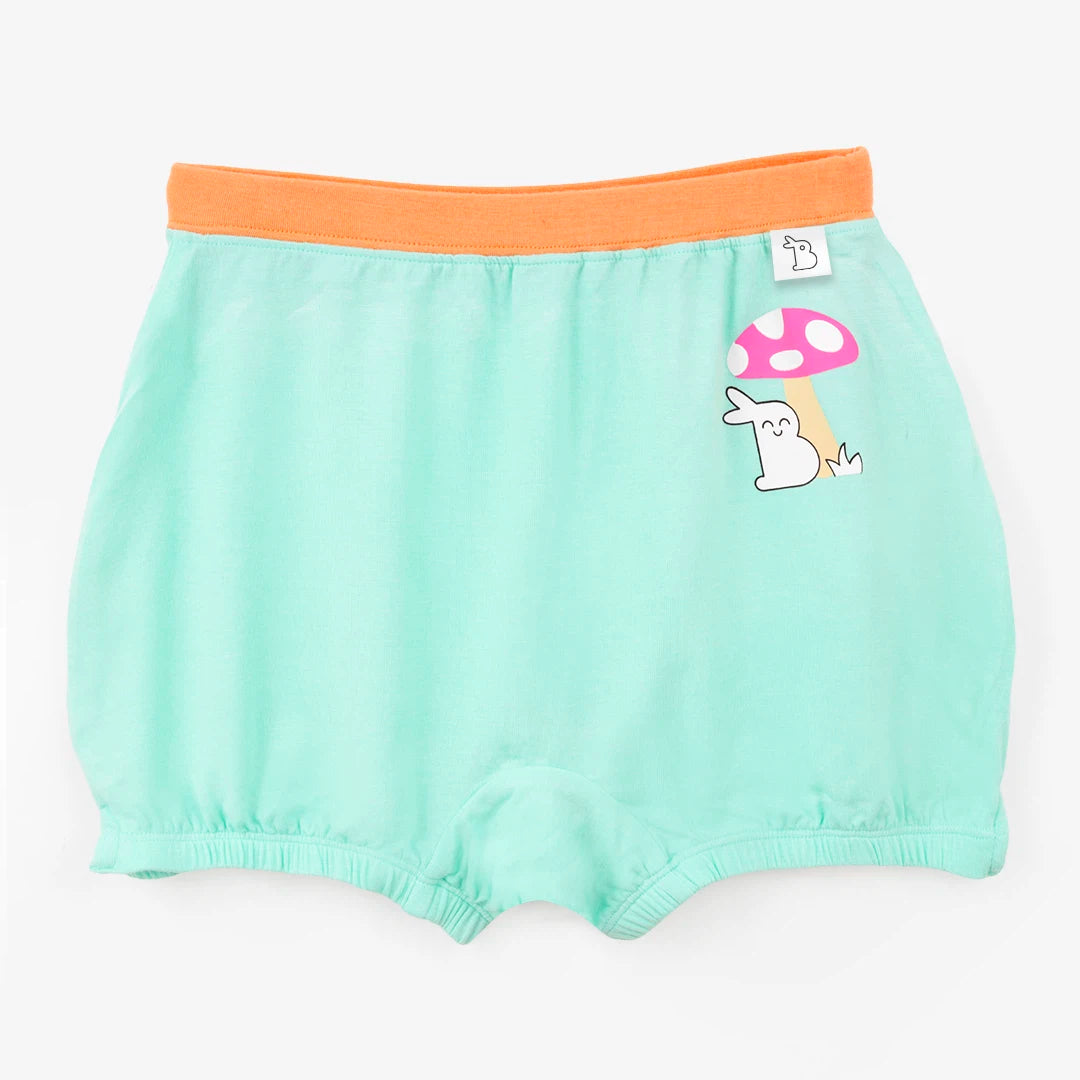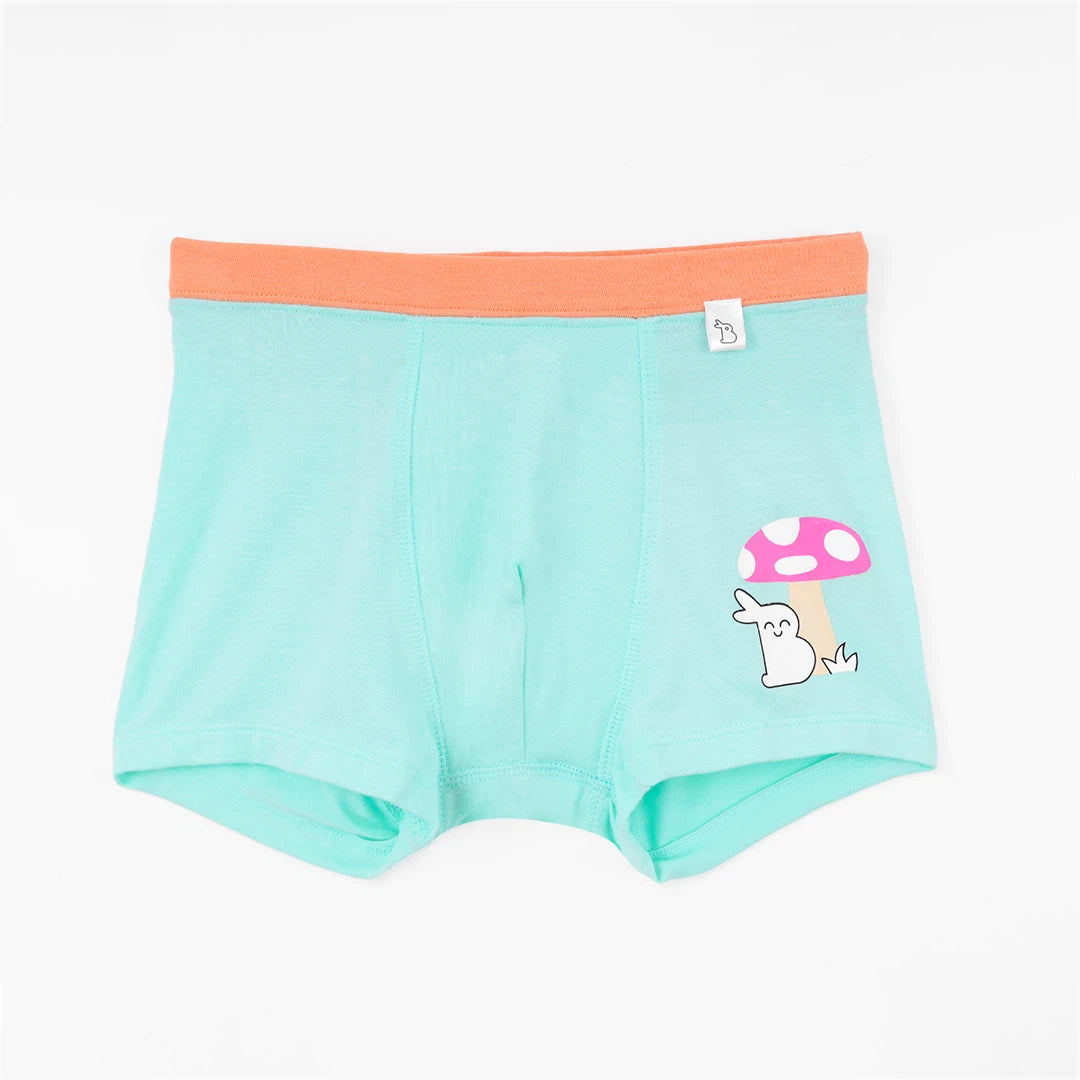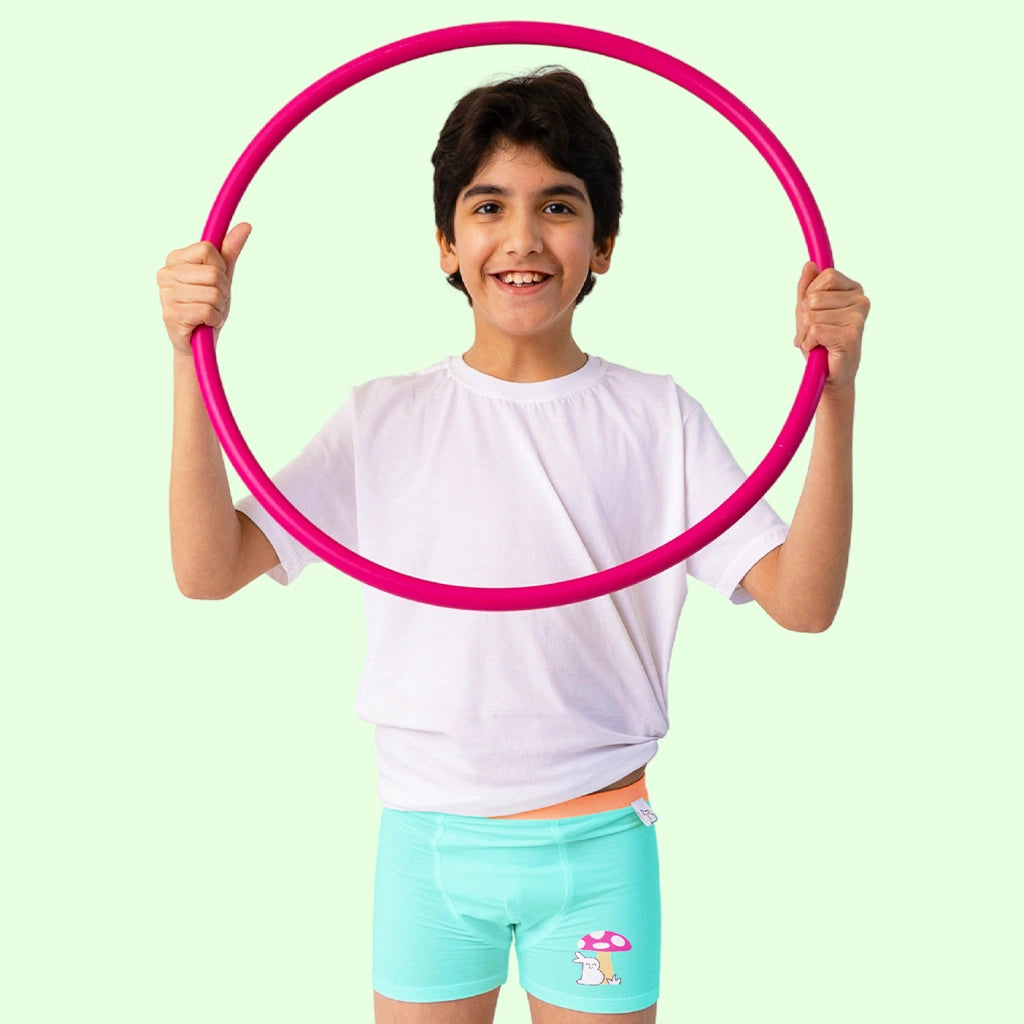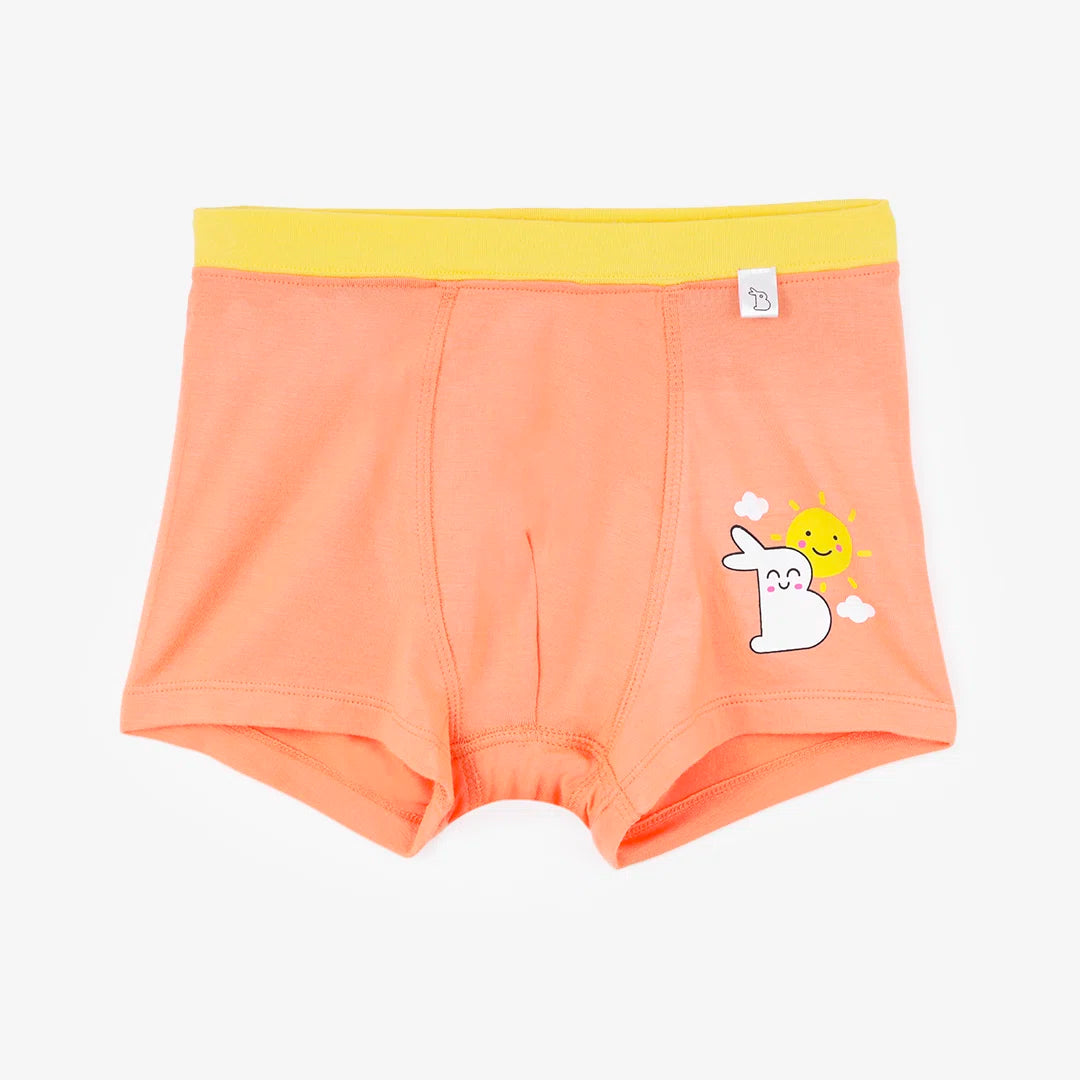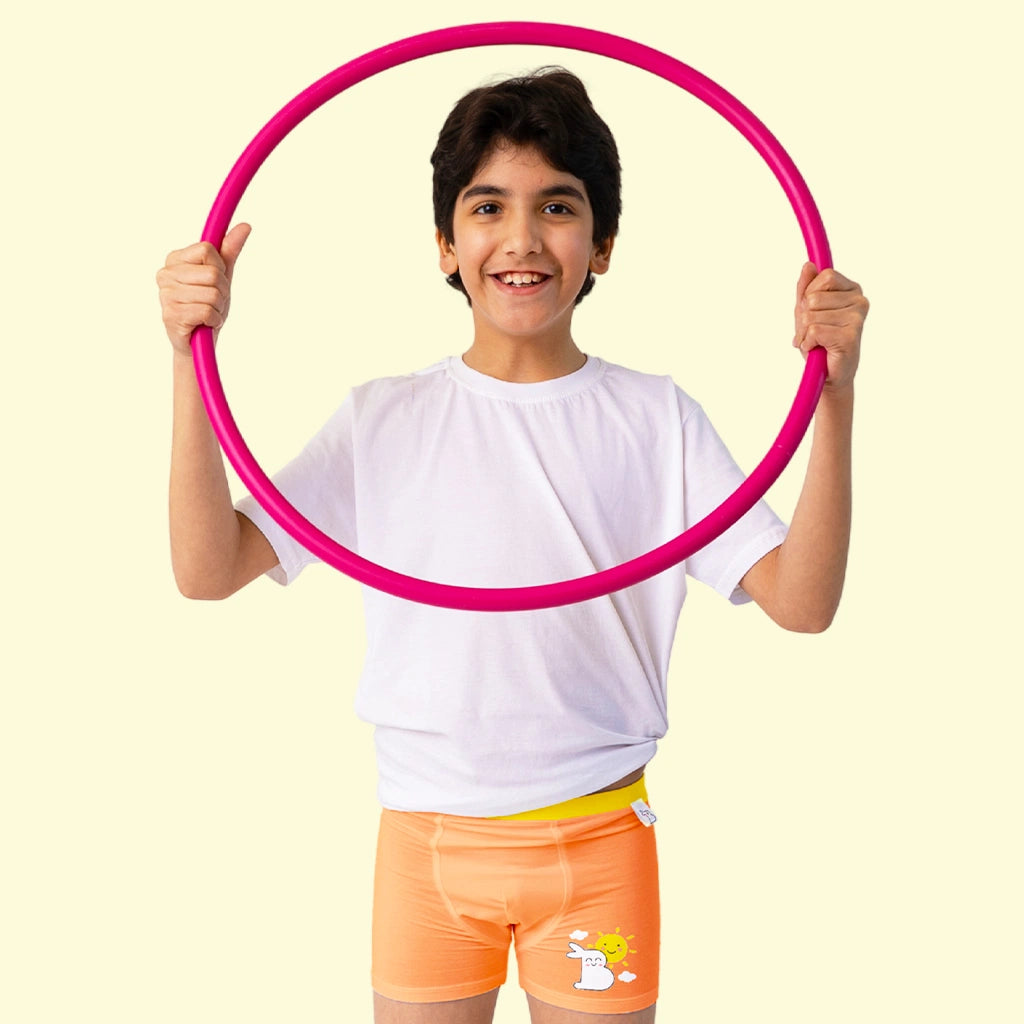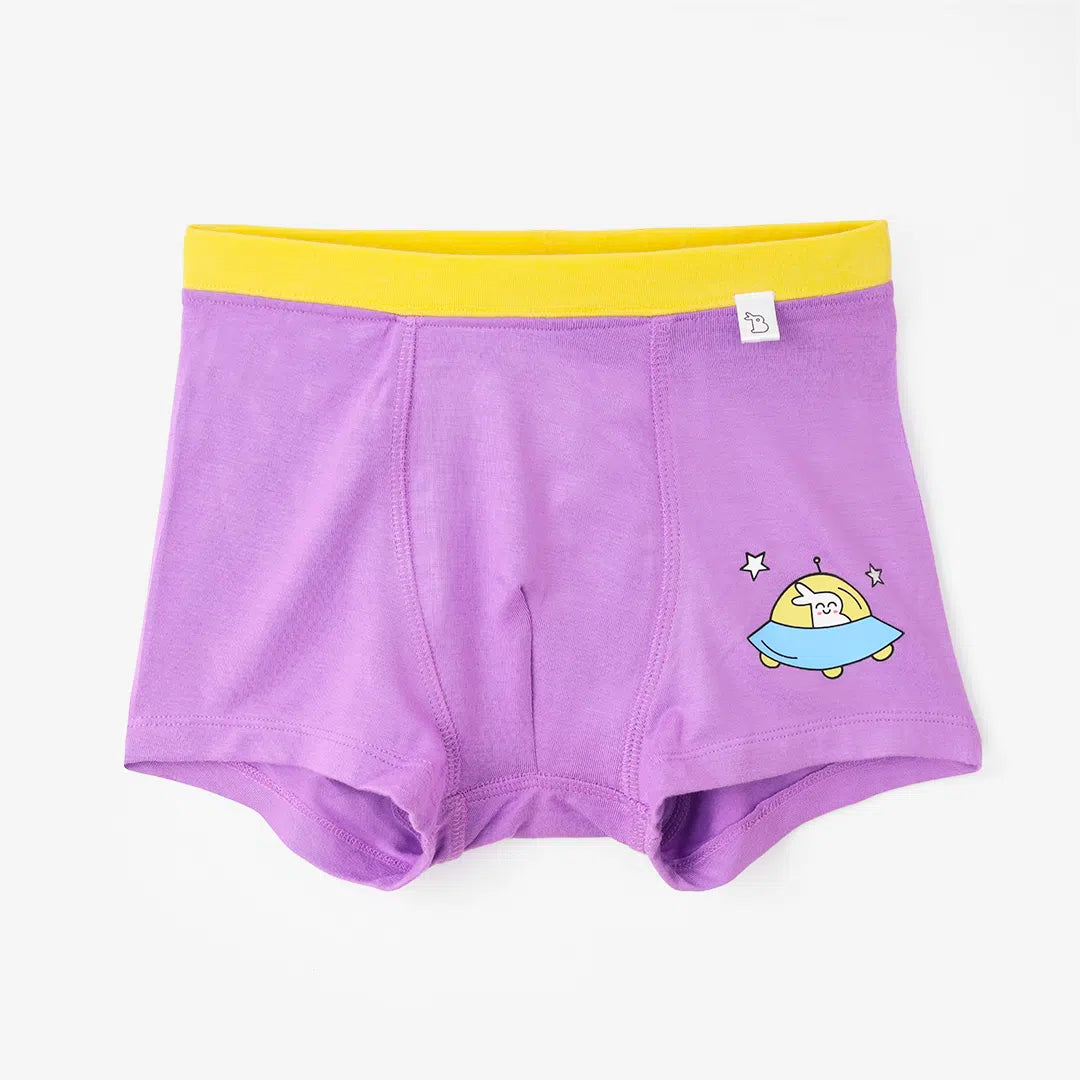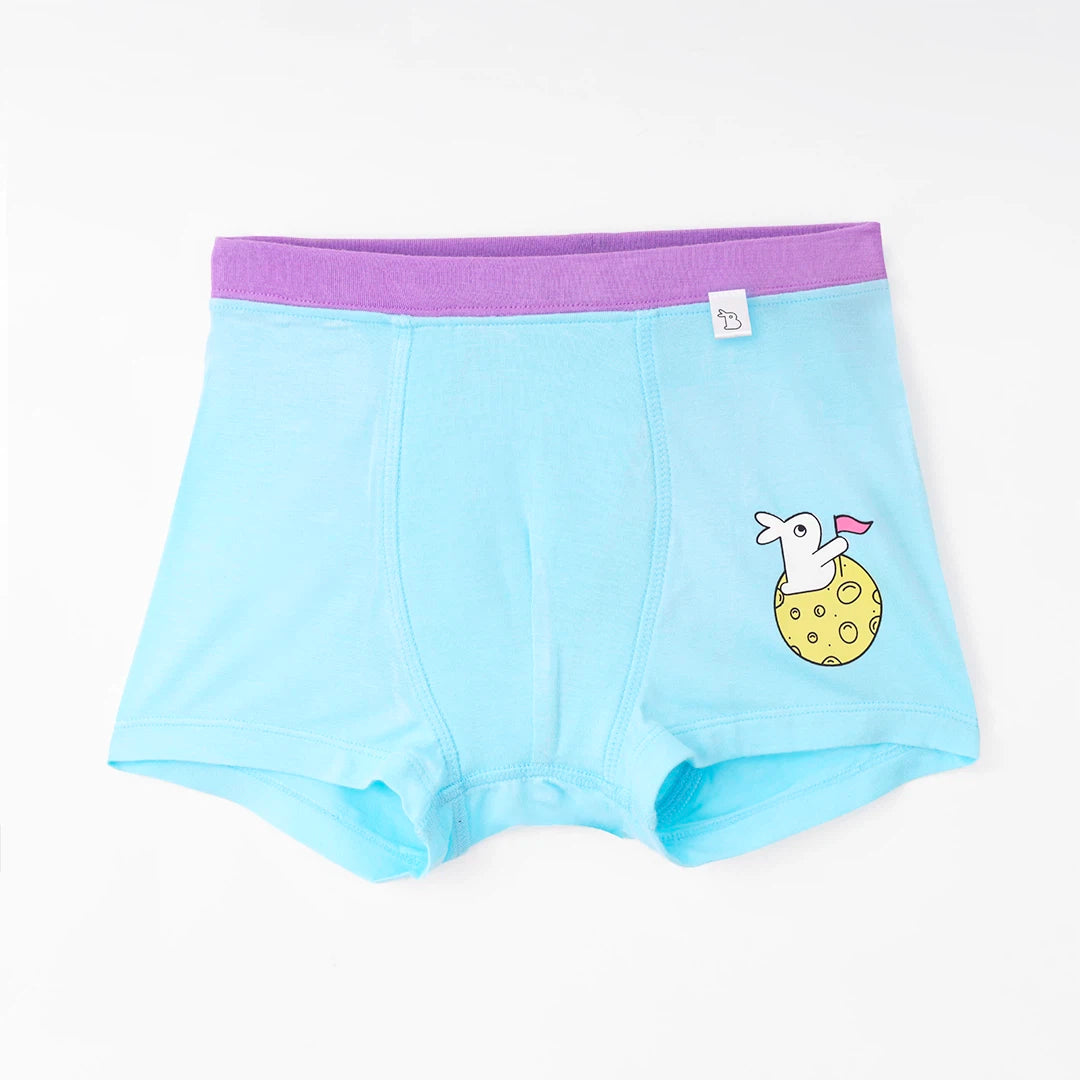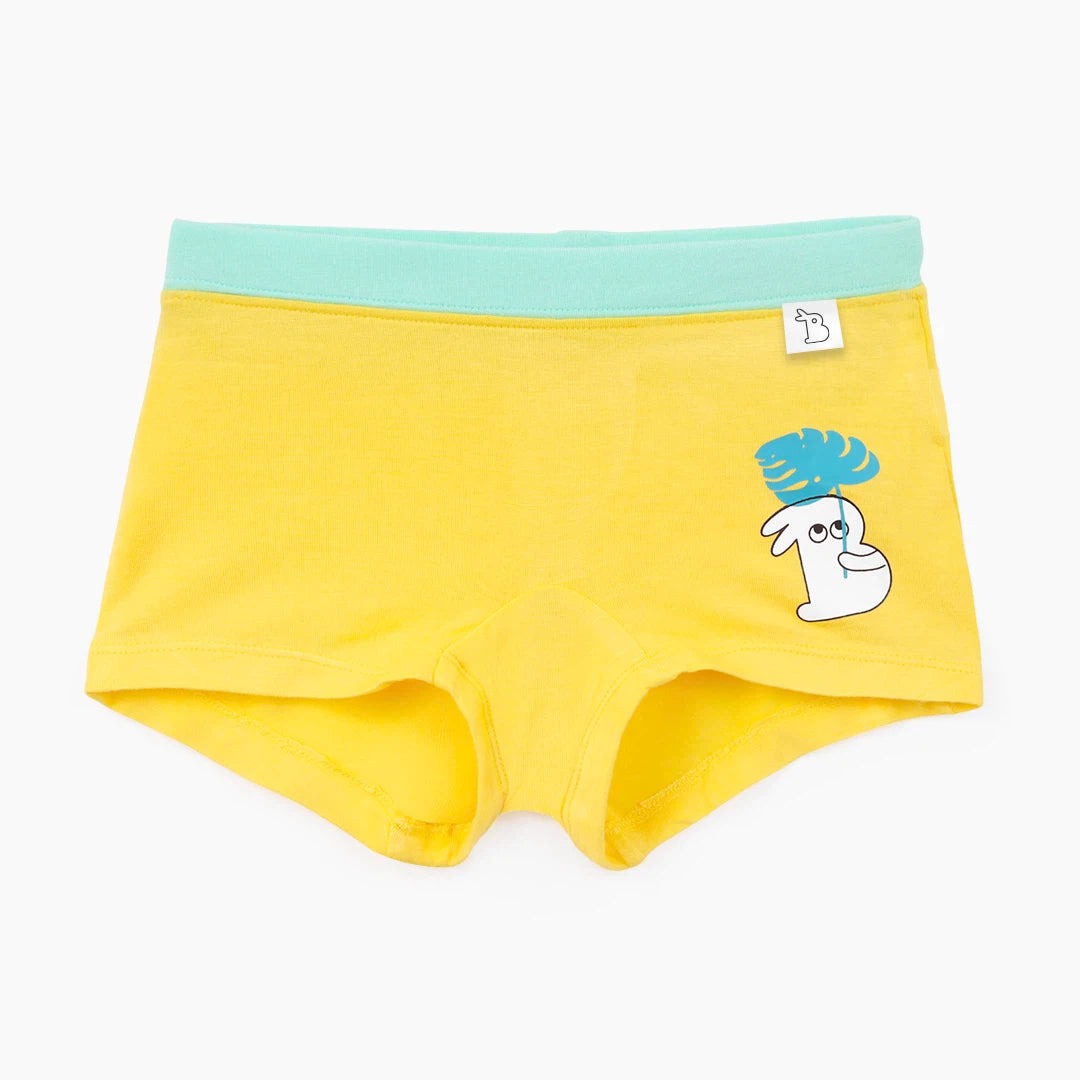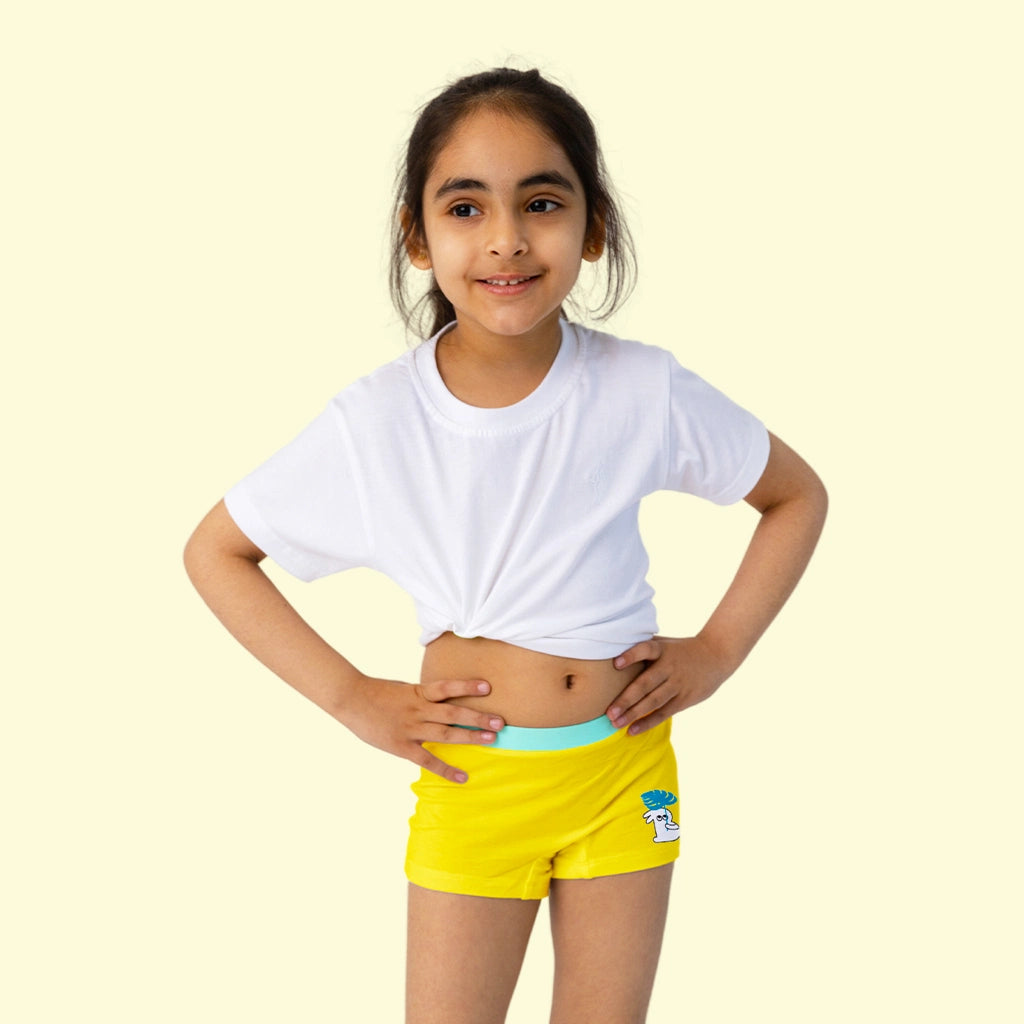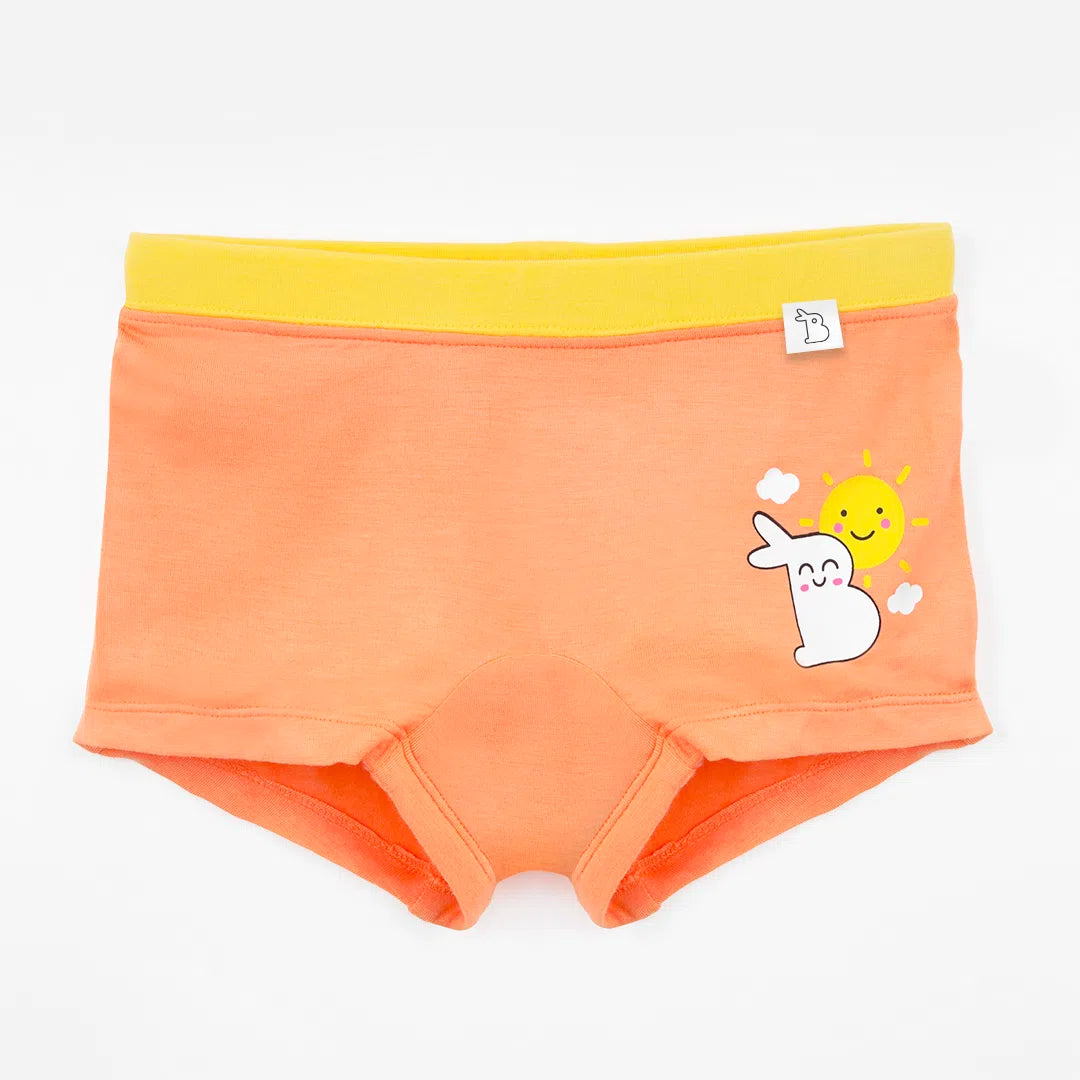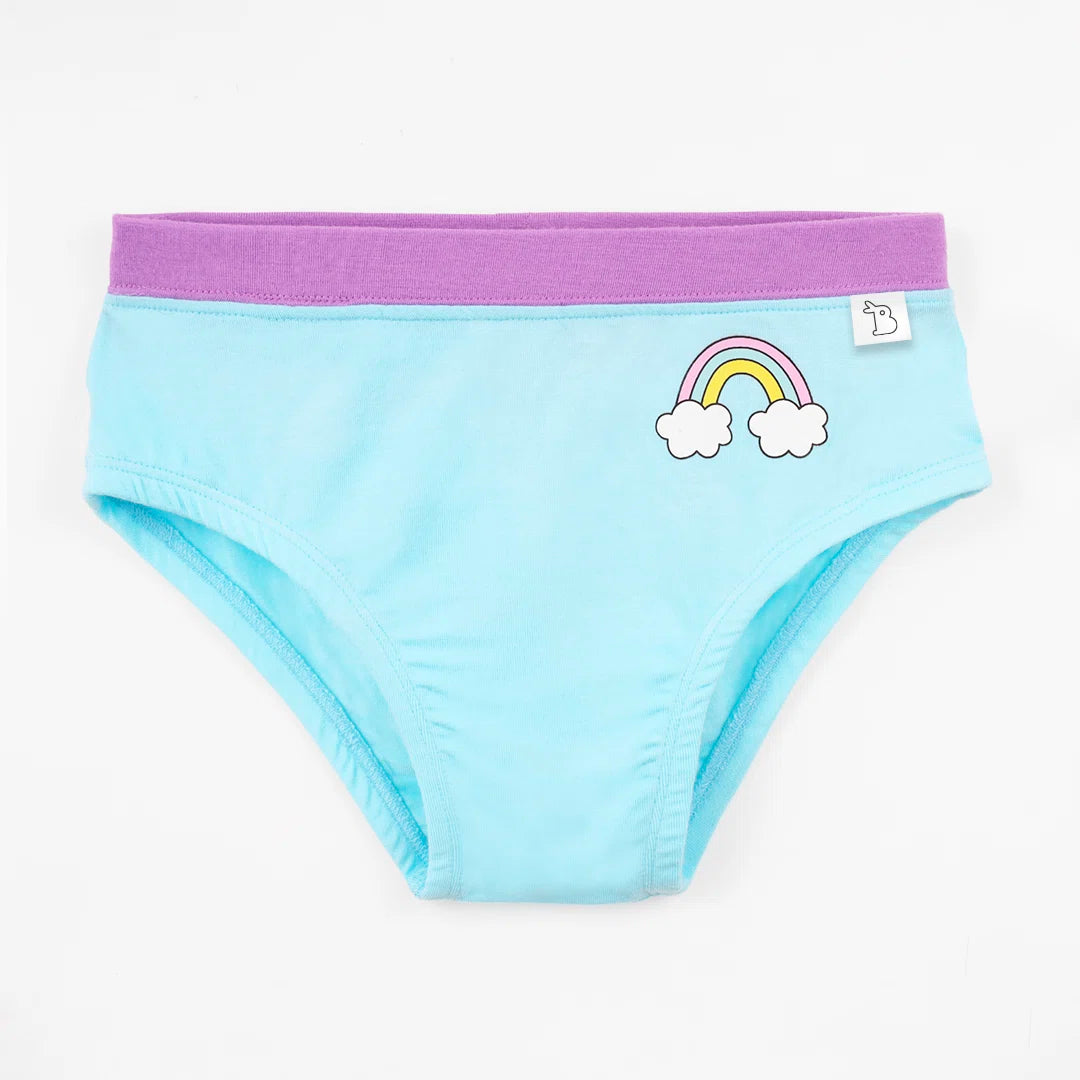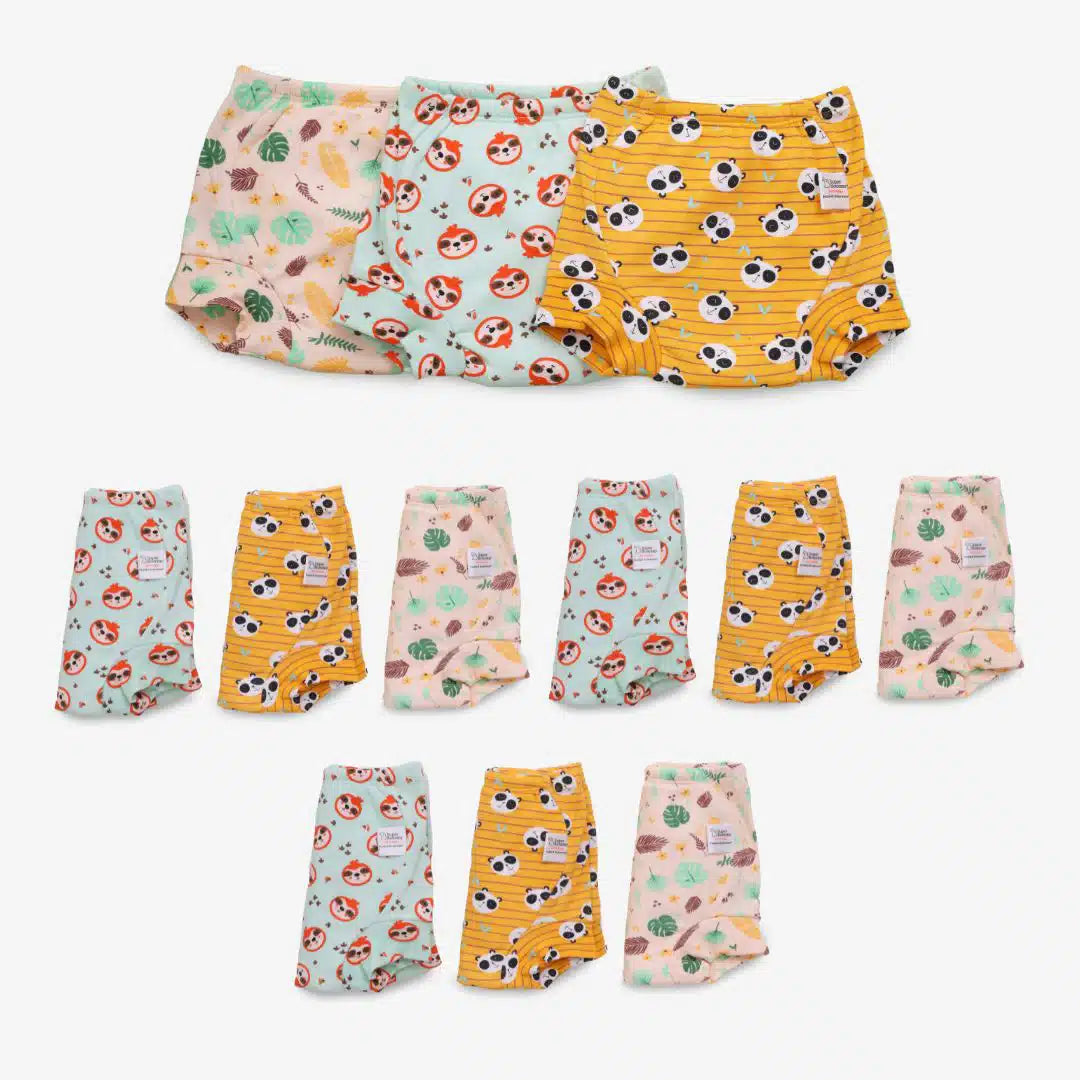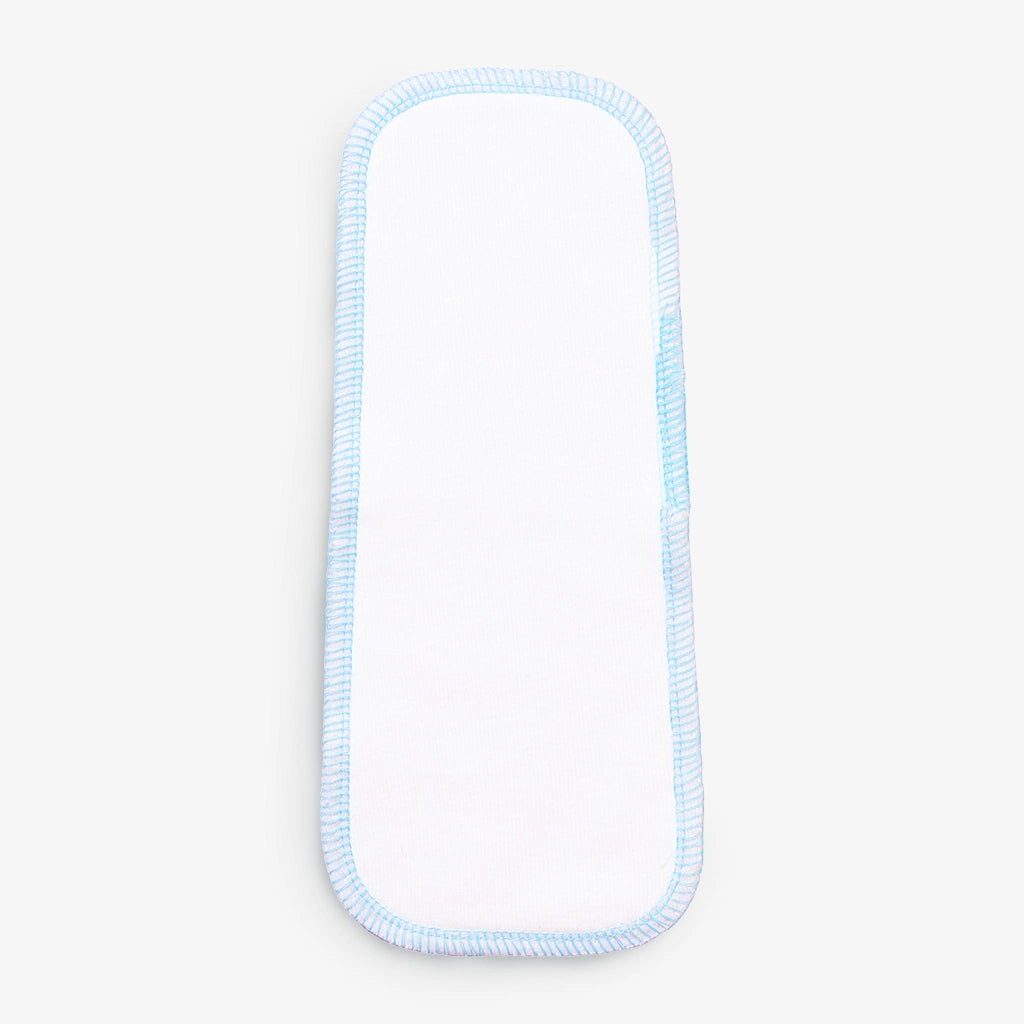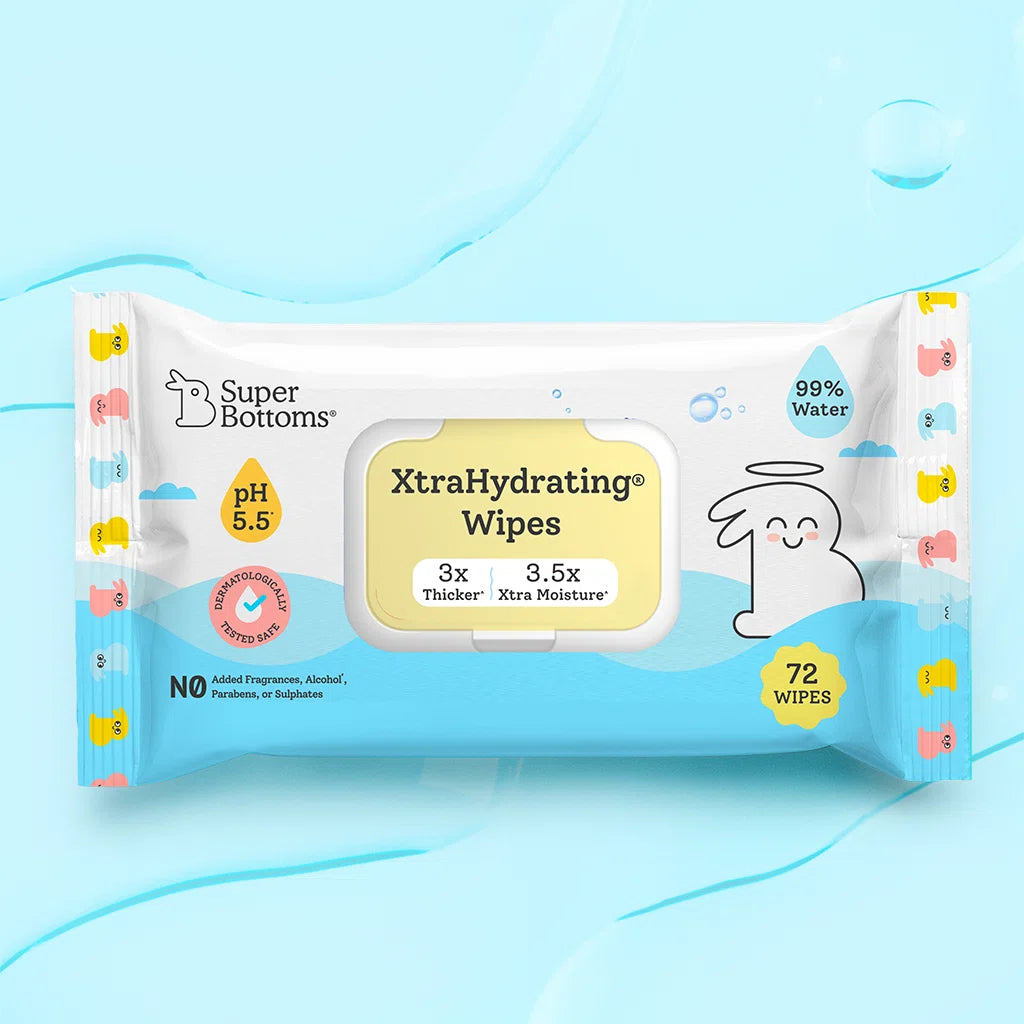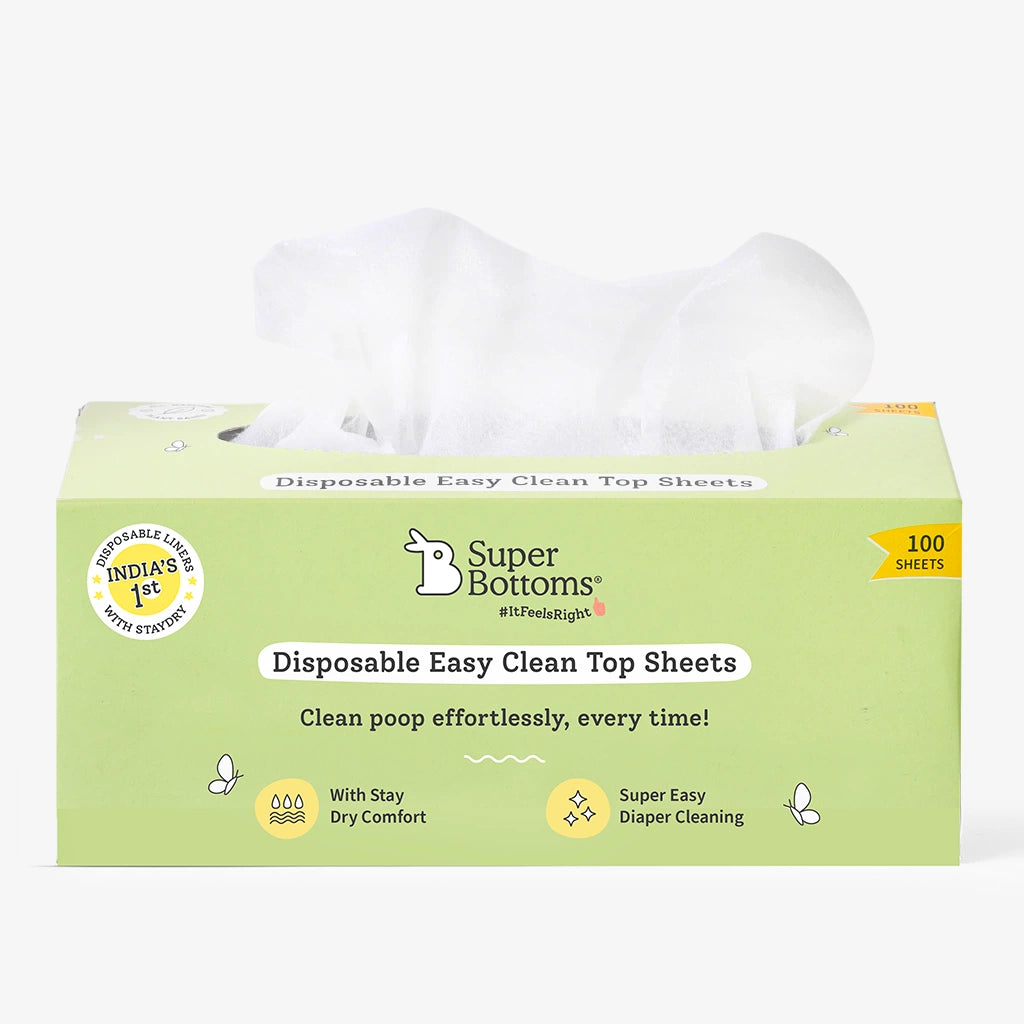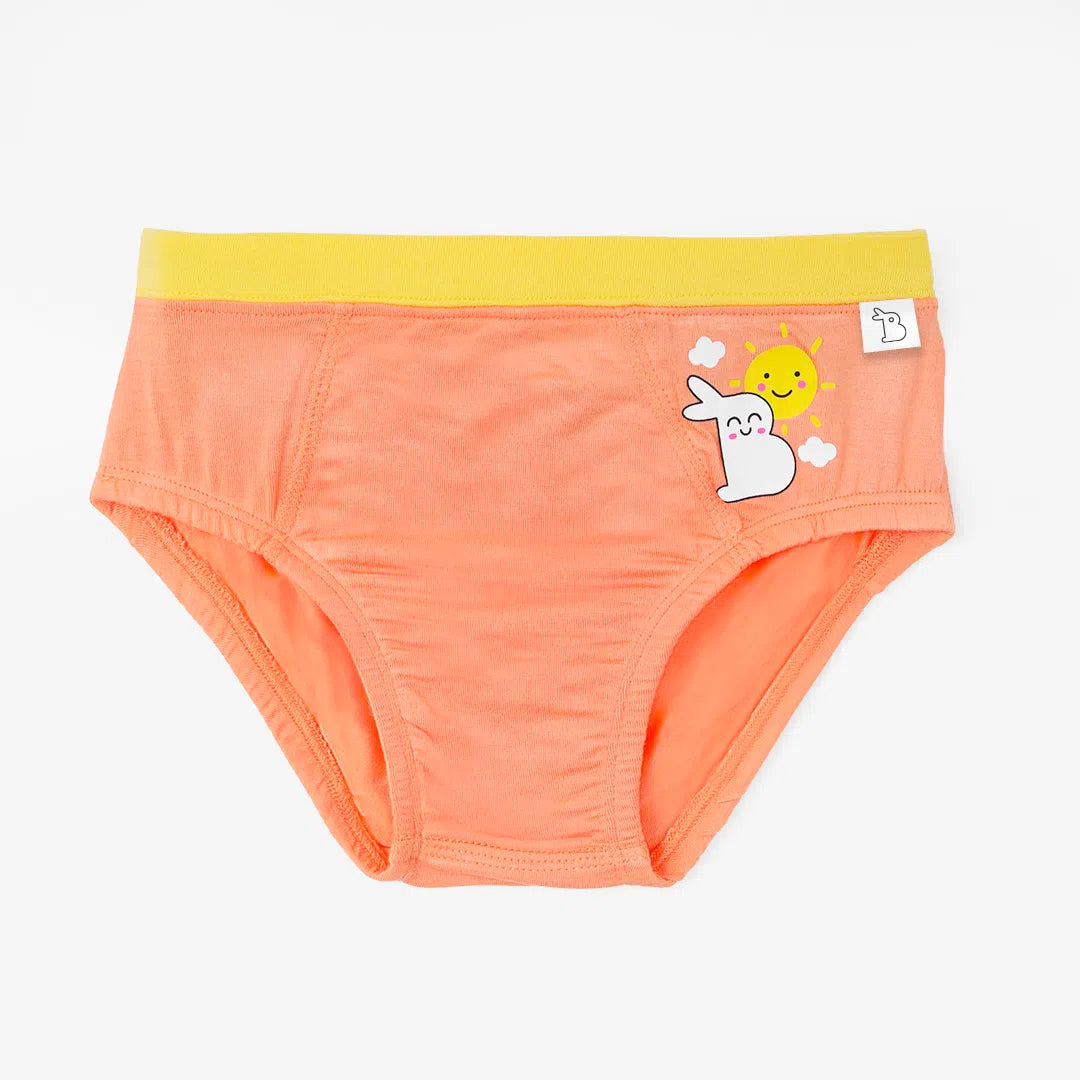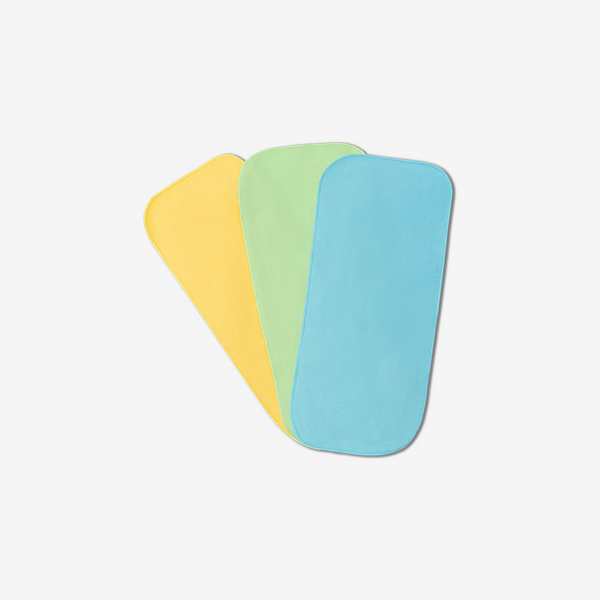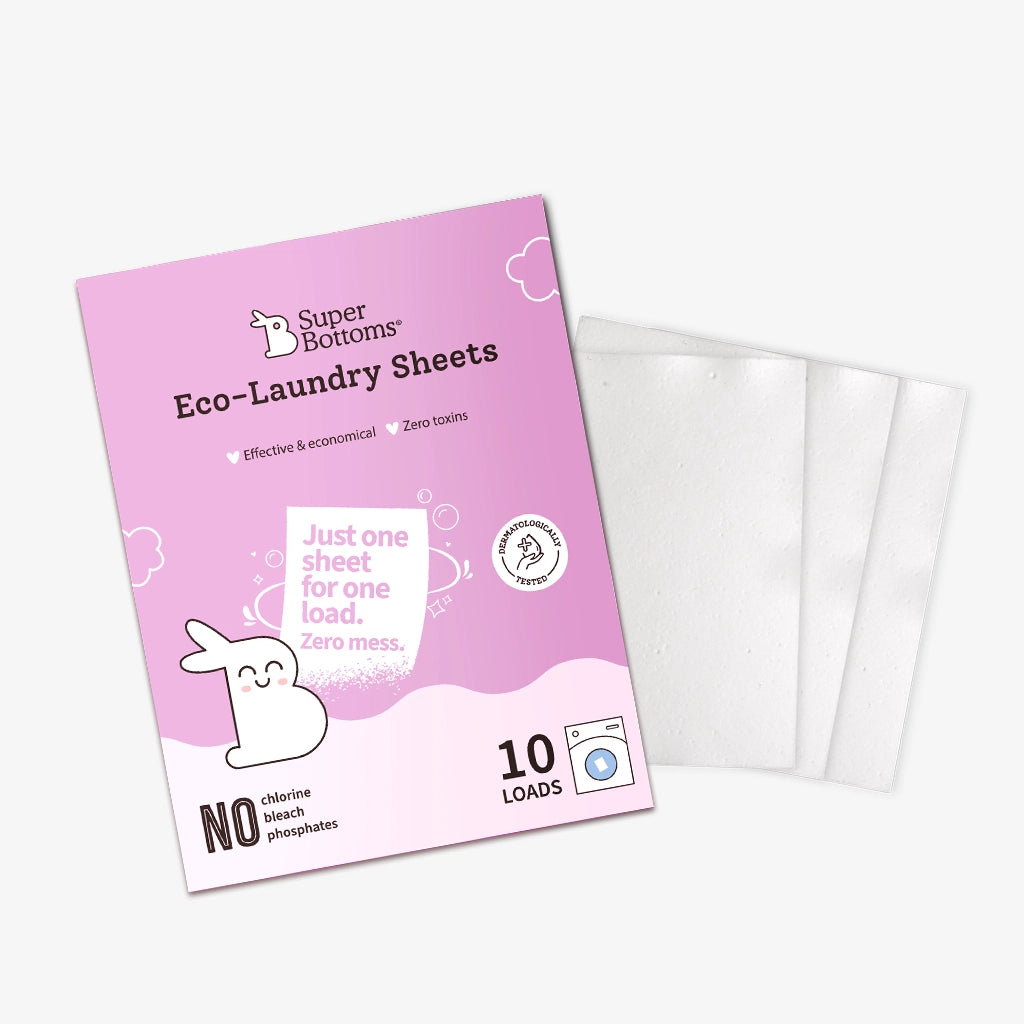If you’re expecting, one of the most reassuring signs of a healthy pregnancy is steady fetal growth. Parents often wonder what their baby's weight should be at a particular week of pregnancy. Questions like "what is the fetal weight at 20 weeks in grams?" or "how to increase fetal weight in one week?" are very common, especially during prenatal check-ups. This detailed guide answers all these questions and more using a week-by-week fetal weight chart, covering values in both grams and kg, along with tips to support healthy fetal weight gain.
Quick Read at a Glance
1. What is the average fetal weight at 20 weeks in grams?
Ans - It’s approximately 300 grams at 20 weeks, but the weight can vary slightly.
2. Is there a fetal weight chart week by week?
Ans - Yes, the article includes a comprehensive fetal weight chart in grams and kg.
3. How can I increase fetal weight during pregnancy?
Ans - Eating a balanced diet, staying hydrated, and taking prenatal vitamins help.
4. Can fetal weight increase in just one week?
Ans - Yes, babies go through rapid growth phases. Proper nutrition and rest can help.
5. How to calculate fetal weight during pregnancy?
Ans - Fetal weight is typically estimated through ultrasound using standard formulas.
- Understanding Fetal Weight Tracking
- Fetal Weight Chart Week by Week
- Fetal Weight at 20 Weeks in Grams
- How to Calculate Fetal Weight
- Fetal Weight Chart in Grams and Kg
- How to Increase Fetal Weight Safely
- How to Increase Fetal Weight in One Week
- Key Takeaways
Understanding Fetal Weight Tracking
Monitoring fetal growth is a key part of prenatal care. Your doctor uses various tools to ensure your baby is growing at a healthy pace. Weight, along with measurements like head circumference and femur length, helps evaluate fetal development.
Fetal Weight Chart Week by Week
A fetal weight chart week by week offers insights into what is considered normal fetal growth. These values are averages and can vary based on genetics, nutrition, and other factors.
|
Week |
Fetal Weight (grams) |
Fetal Weight (kg) |
|
12 |
14g |
0.014kg |
|
16 |
100g |
0.1kg |
|
20 |
300g |
0.3kg |
|
24 |
600g |
0.6kg |
|
28 |
1,000g |
1.0kg |
|
32 |
1,700g |
1.7kg |
|
36 |
2,500g |
2.5kg |
|
40 |
3,200g |
3.2kg |
This fetal weight chart in grams and fetal weight chart in kg give you a quick reference to compare your baby’s development.
Fetal Weight at 20 Weeks in Grams
At 20 weeks of pregnancy, the average fetal weight is around 300 grams (0.3 kg). This is often the halfway point in pregnancy, and babies are growing rapidly. By now, your baby’s organs are developed, and ultrasound scans can provide accurate estimates of fetal weight. This is also when many parents start paying more attention to the fetal weight chart.
How to Calculate Fetal Weight
Healthcare providers use ultrasound imaging to estimate fetal weight. Common formulas, such as the Hadlock method, use measurements of the head, abdomen, and femur length.
Key parameters used:
- Biparietal Diameter (BPD)
- Head Circumference (HC)
- Abdominal Circumference (AC)
- Femur Length (FL)
These values are input into standard equations to calculate fetal weight. Though it's an estimate, it offers valuable insight into your baby’s development.
Fetal Weight Chart in Grams and Kg
It’s helpful to have both grams and kilograms available to better understand fetal growth. This pregnancy fetal weight chart provides reference points to ensure your baby is on track.
|
Week |
Grams |
Kilograms |
|
18 |
190g |
0.19kg |
|
22 |
430g |
0.43kg |
|
26 |
760g |
0.76kg |
|
30 |
1,300g |
1.3kg |
|
34 |
2,200g |
2.2kg |
|
38 |
3,000g |
3.0kg |
These numbers serve as a general guide. Slight variations are normal and not usually a cause for concern.
How to Increase Fetal Weight Safely
If your doctor mentions that your baby is measuring small, here are some evidence-backed ways to increase fetal weight:
-
Eat a balanced diet: Include protein-rich foods like eggs, lentils, milk, and nuts.
-
Healthy fats: Incorporate ghee, avocados, and olive oil in moderation.
-
Iron and folic acid supplements: Prevent anaemia and support placental health.
-
Stay hydrated: Proper hydration supports nutrient transport to the fetus.
-
Frequent meals: Consuming smaller, more frequent meals can improve nutrient absorption.
Always consult your doctor before making any dietary changes.
|
Limited Offers Ending Sooner - BUY NOW Now or never offers live on the SuperBottoms website. Take advantage of the never-before Good Value for Money on our offer page! Stock up on the bestselling UNO diapers, accessories and other popular SuperBottoms baby and mom products now available in deals and discounts. HURRY, the Deals are Live till stocks last! |
How to Increase Fetal Weight in One Week
While weight gain in one week can be limited, targeted changes may show results:
-
Boost calorie intake: Add an extra 200-300 healthy calories daily.
-
Include high-protein snacks: Peanut butter toast, cheese cubes, and boiled eggs are good options.
-
Add a bedtime snack: A small bowl of porridge or milk can support overnight fetal growth.
-
Reduce stress and sleep well: Rest helps maintain hormonal balance, which supports fetal development.
These tips may help improve fetal weight within a week, especially during crucial growth spurts.
Monitoring fetal weight is an essential part of prenatal care. Using a fetal weight chart week by week helps parents and doctors ensure healthy growth. Whether you’re comparing fetal weight at 20 weeks in grams or looking for ways to increase fetal weight, this guide provides reliable information and actionable tips. Remember, every pregnancy is unique. Small fluctuations in weight are normal. The key is to maintain a healthy lifestyle, stay informed, and consult your healthcare provider regularly.
Key Takeaways
- Use a fetal weight chart in grams and kg to track week-by-week growth.
- Fetal weight at 20 weeks is around 300 grams, with rapid growth expected thereafter.
- Nutrition and rest play a crucial role in how to increase fetal weight safely.
Message from SuperBottoms
Hi there, new parents! SuperBottoms brings you doctor-recommended cloth diapers — the best rash-free diapering solution for your baby’s sensitive and delicate skin. Unlike disposable diapers loaded with chemicals, our reusable cloth diapers for newborns, when used and washed properly, can help eliminate the risk of diaper rashes. SuperBottoms offers a wide range of safe, skin-friendly essentials for the whole family — including Cloth Diapers, Diaper Pants, DryFeel langots for diaper-free time, Padded Underwear for potty training, SuperSoft Underwear for everyday comfort, Joggers for playful days, and Period Underwear for women. Now available on Amazon, Myntra, Flipkart, FirstCry, Zepto, Swiggy and Blinkit.

